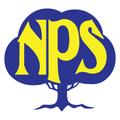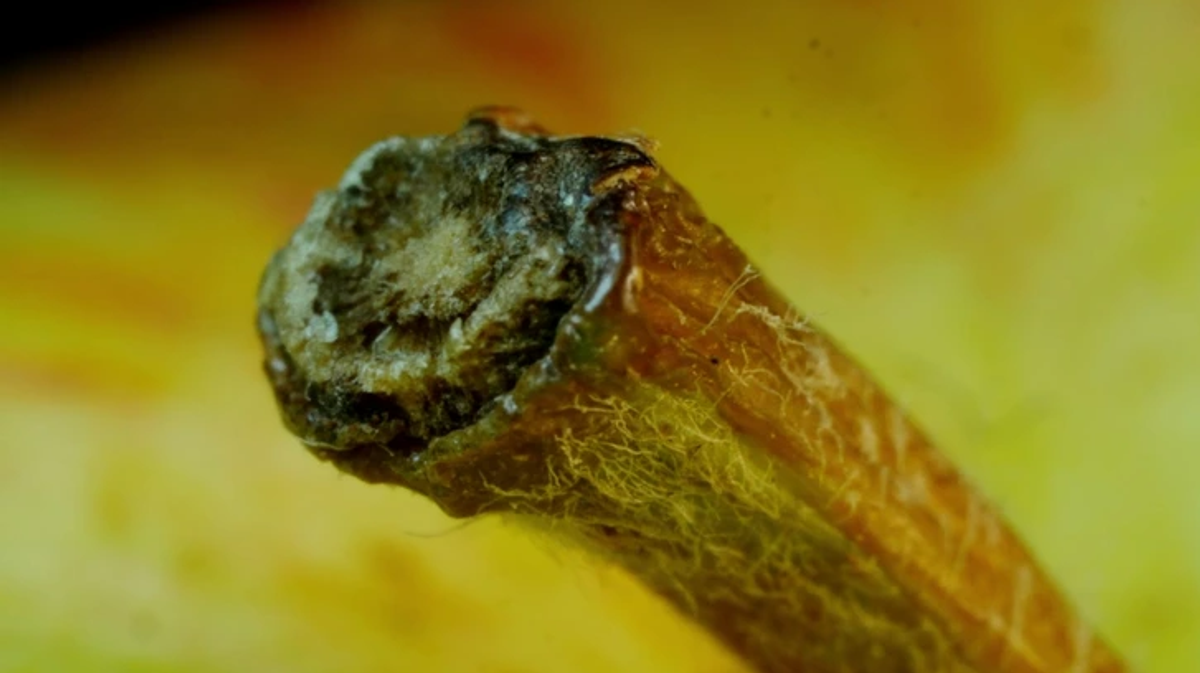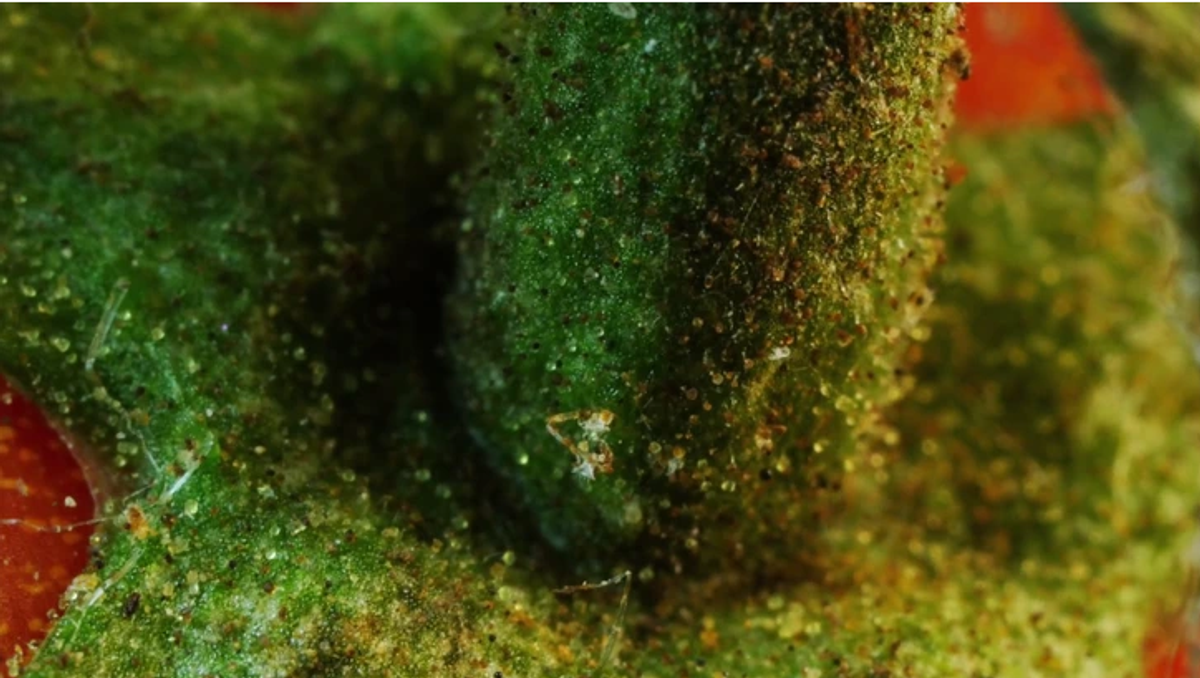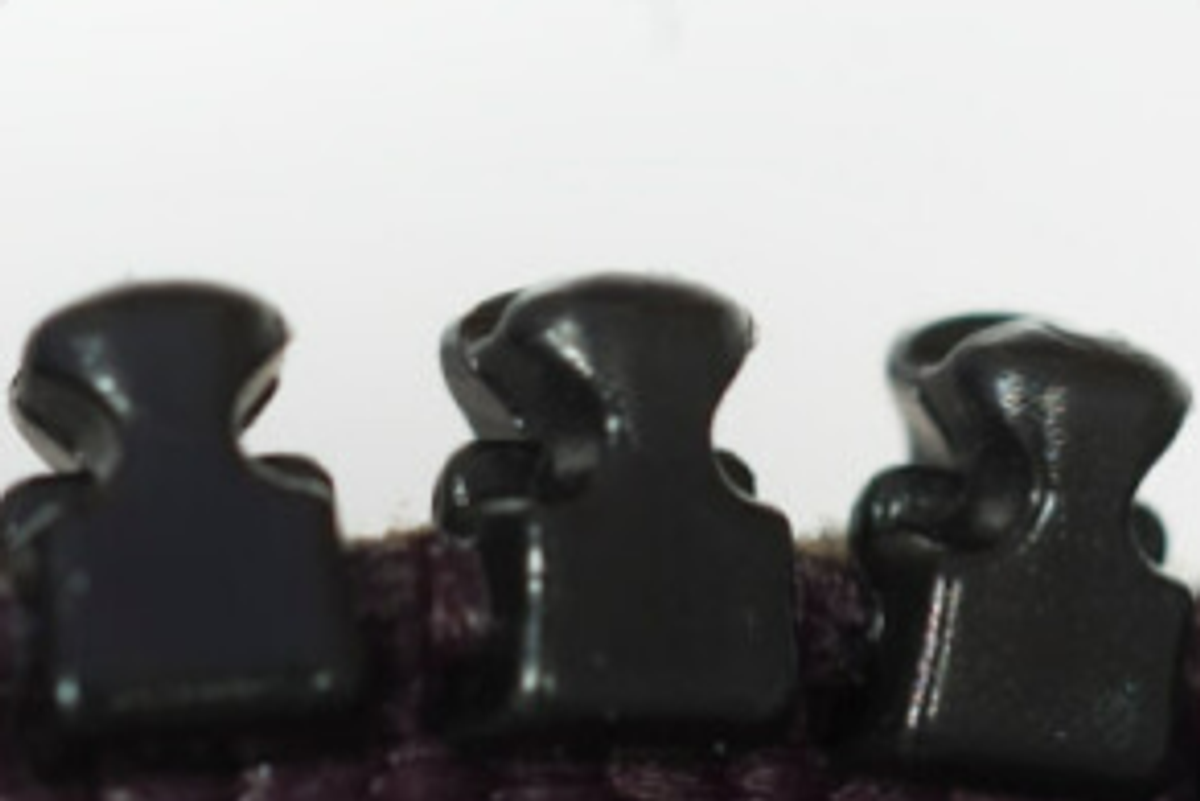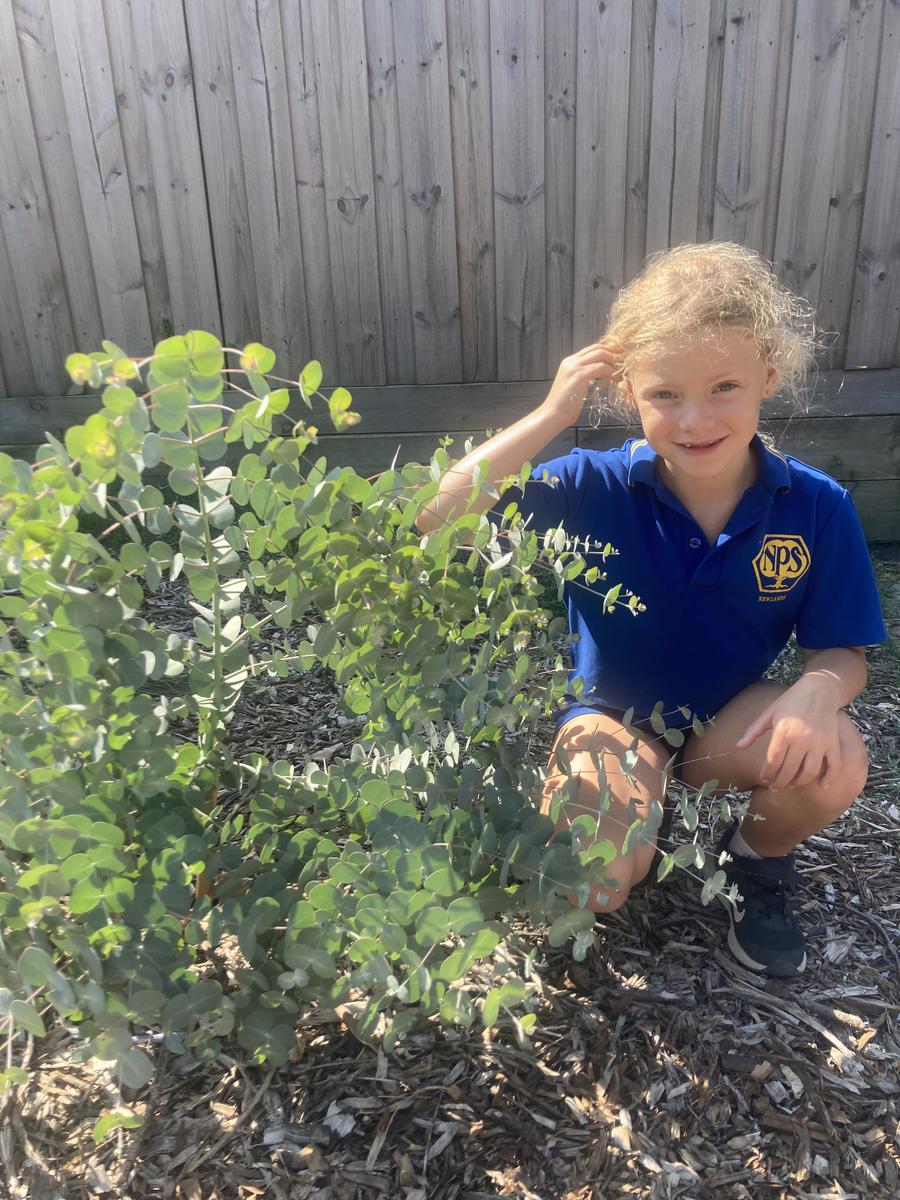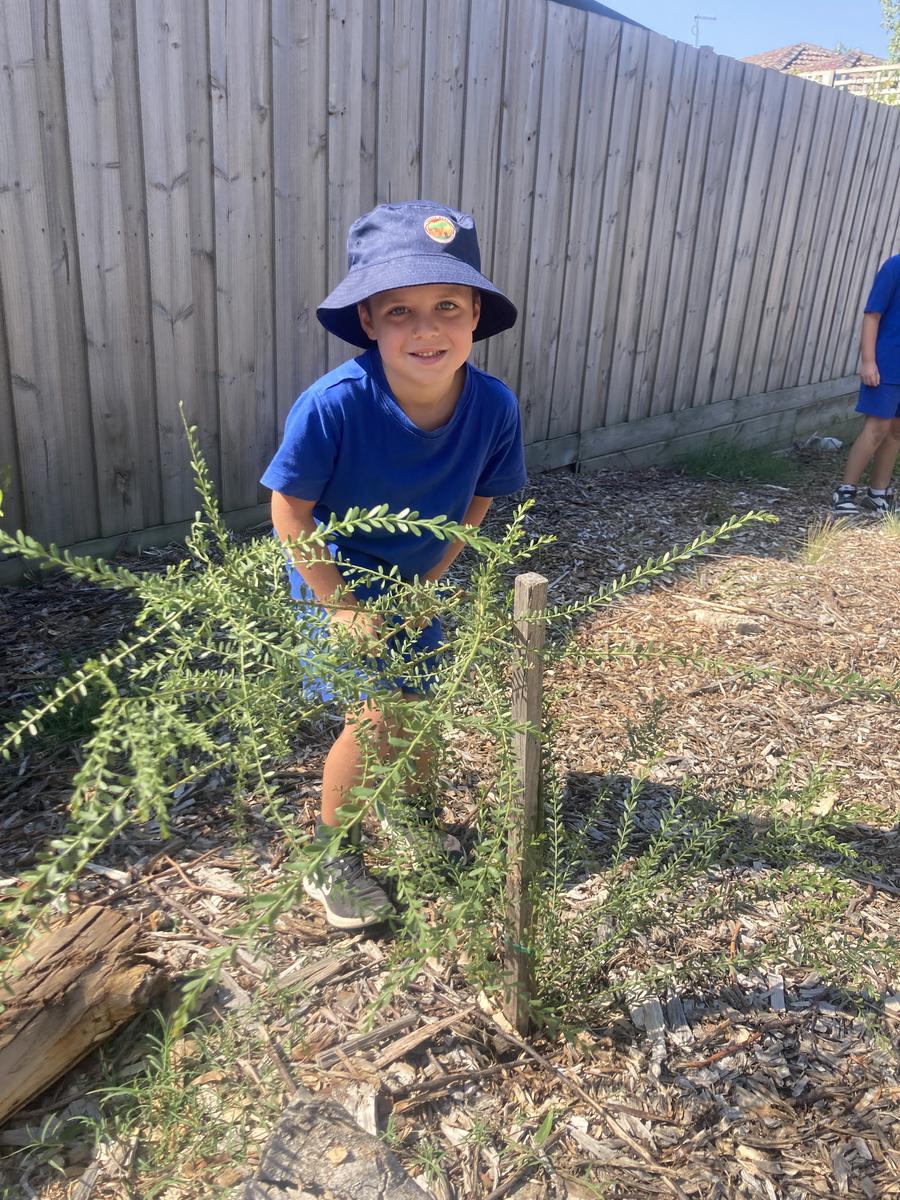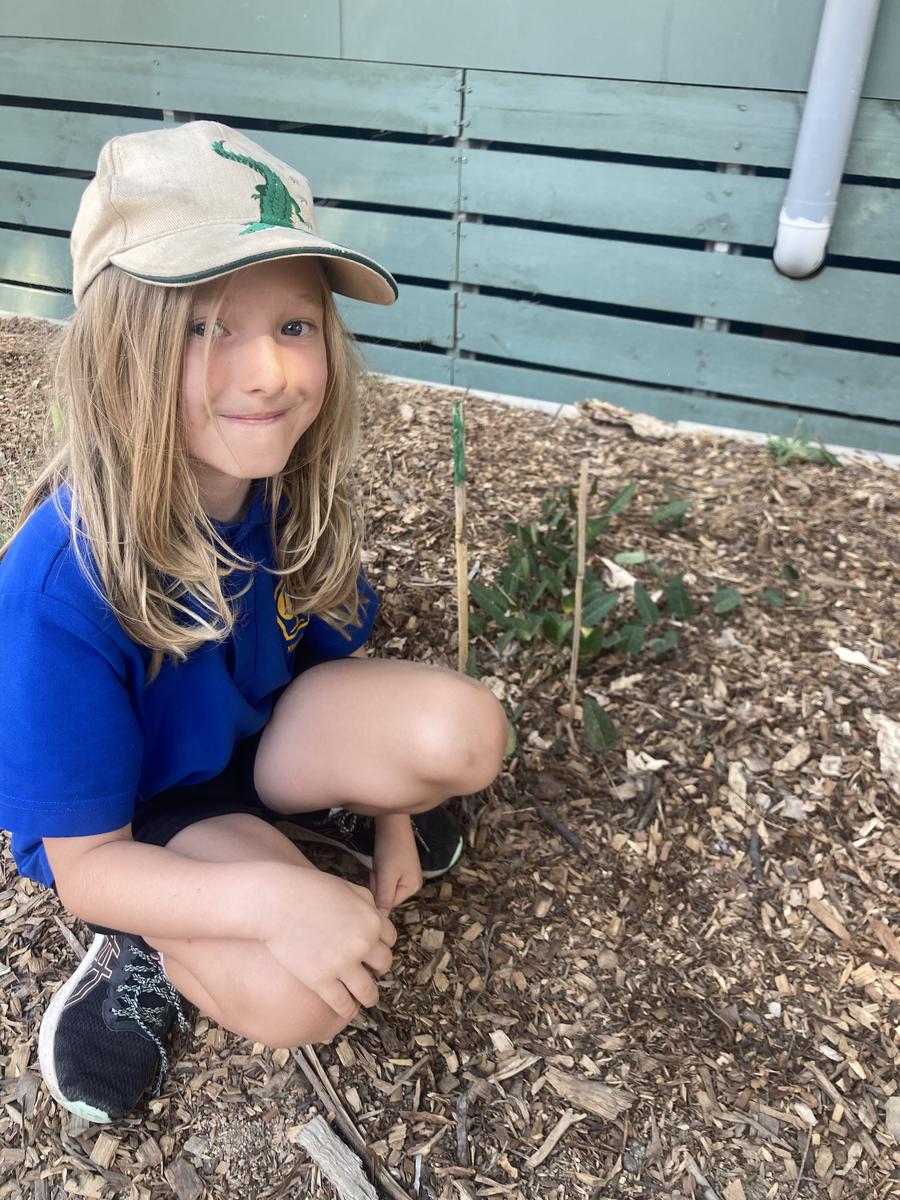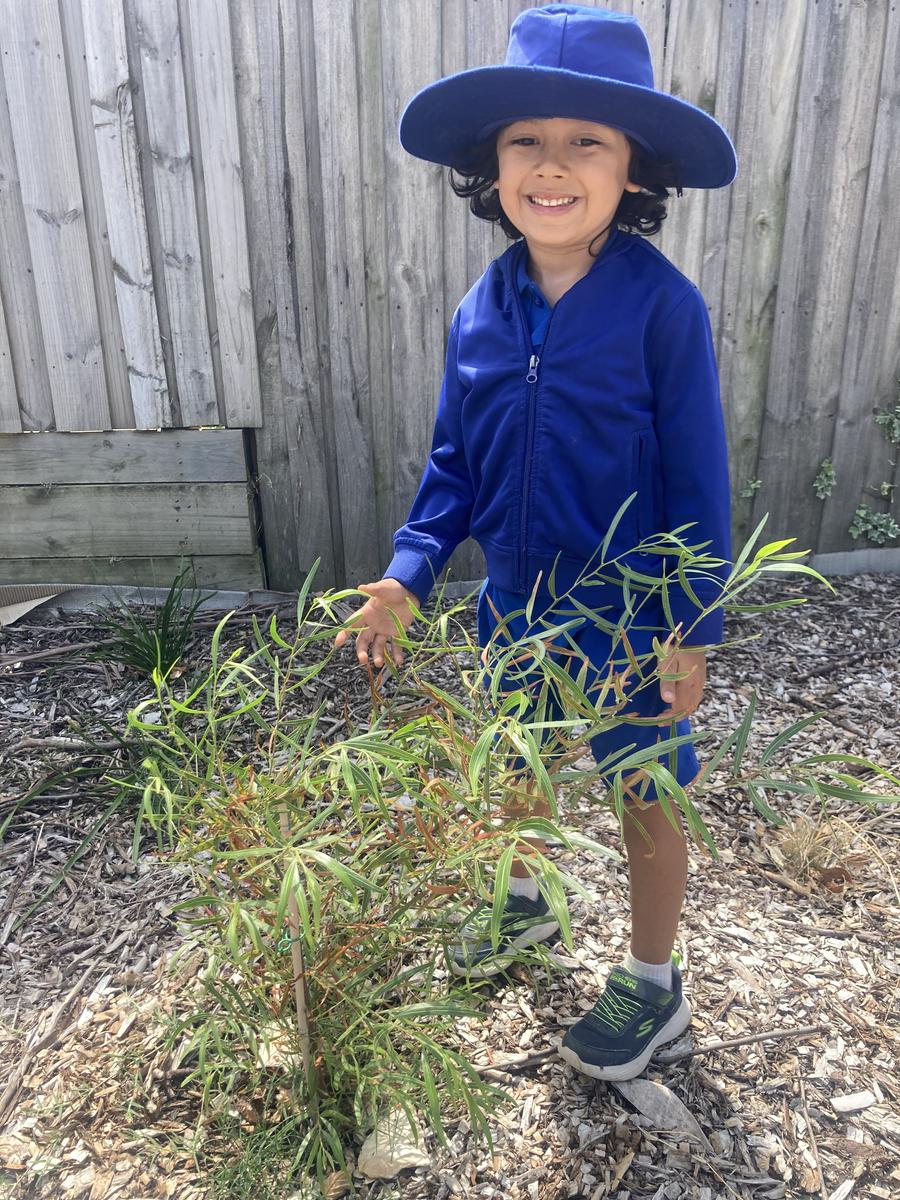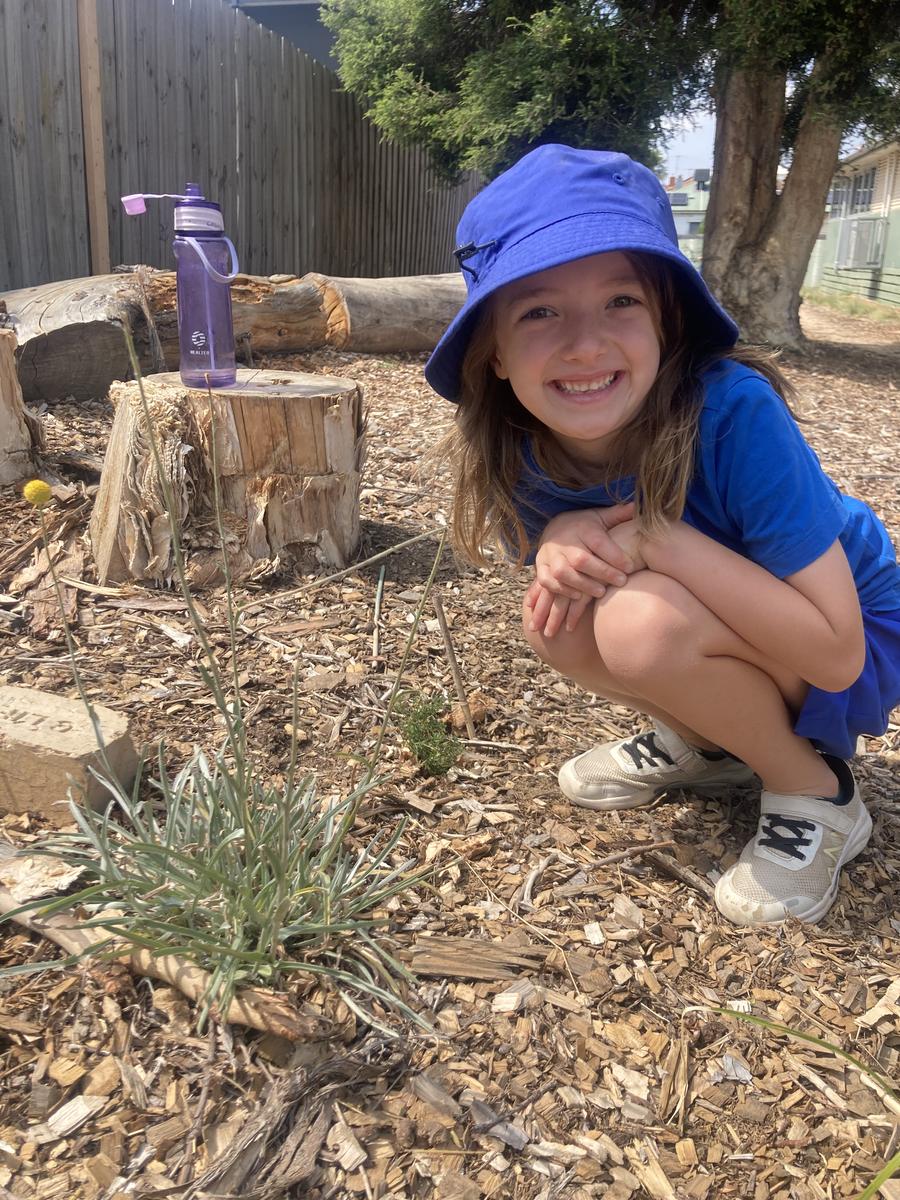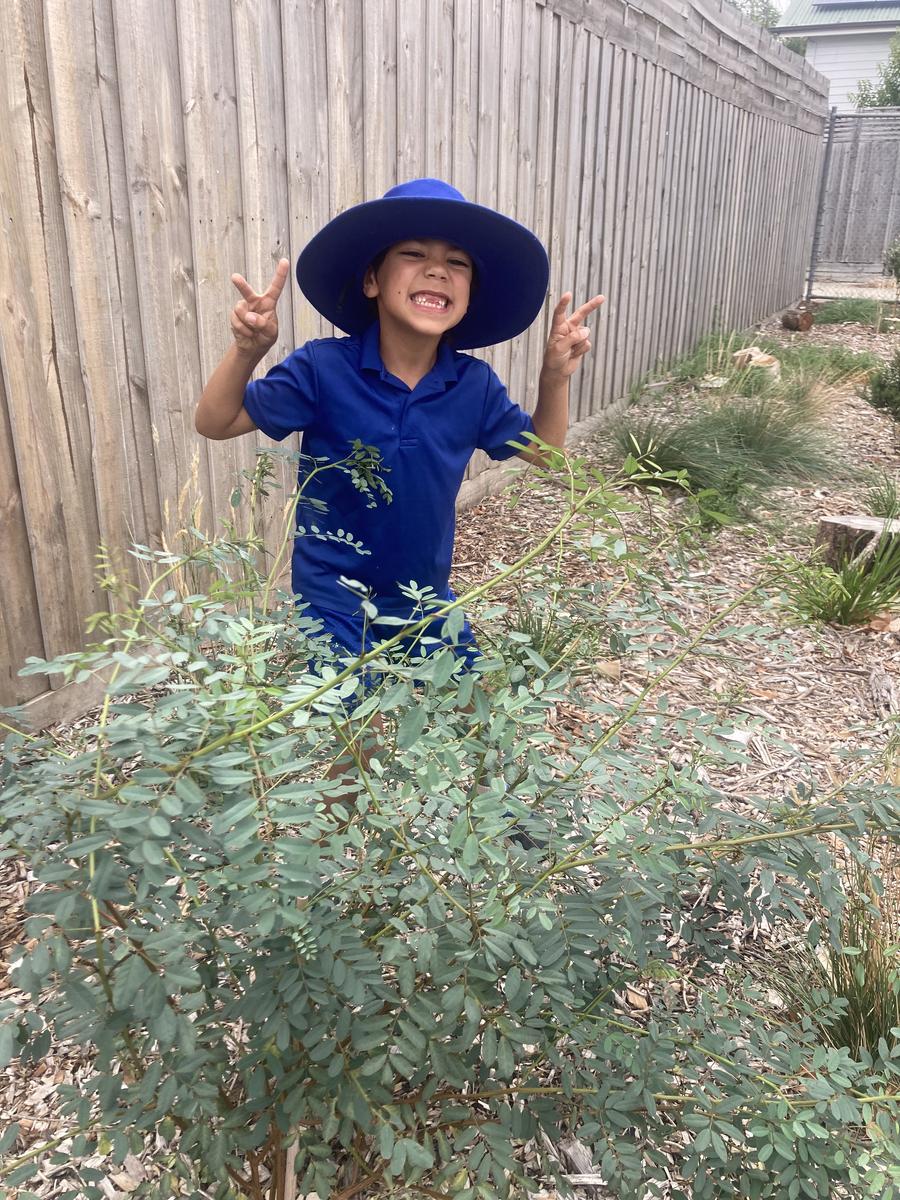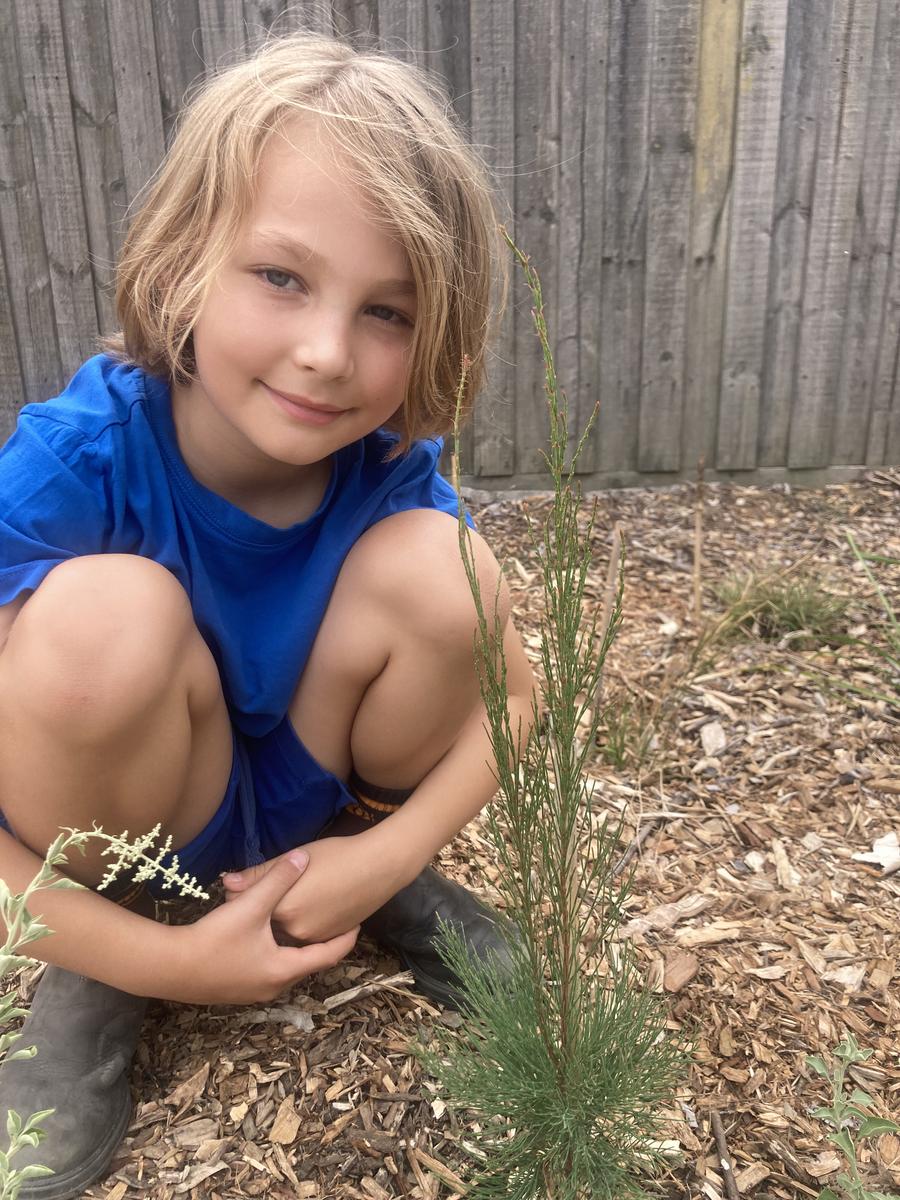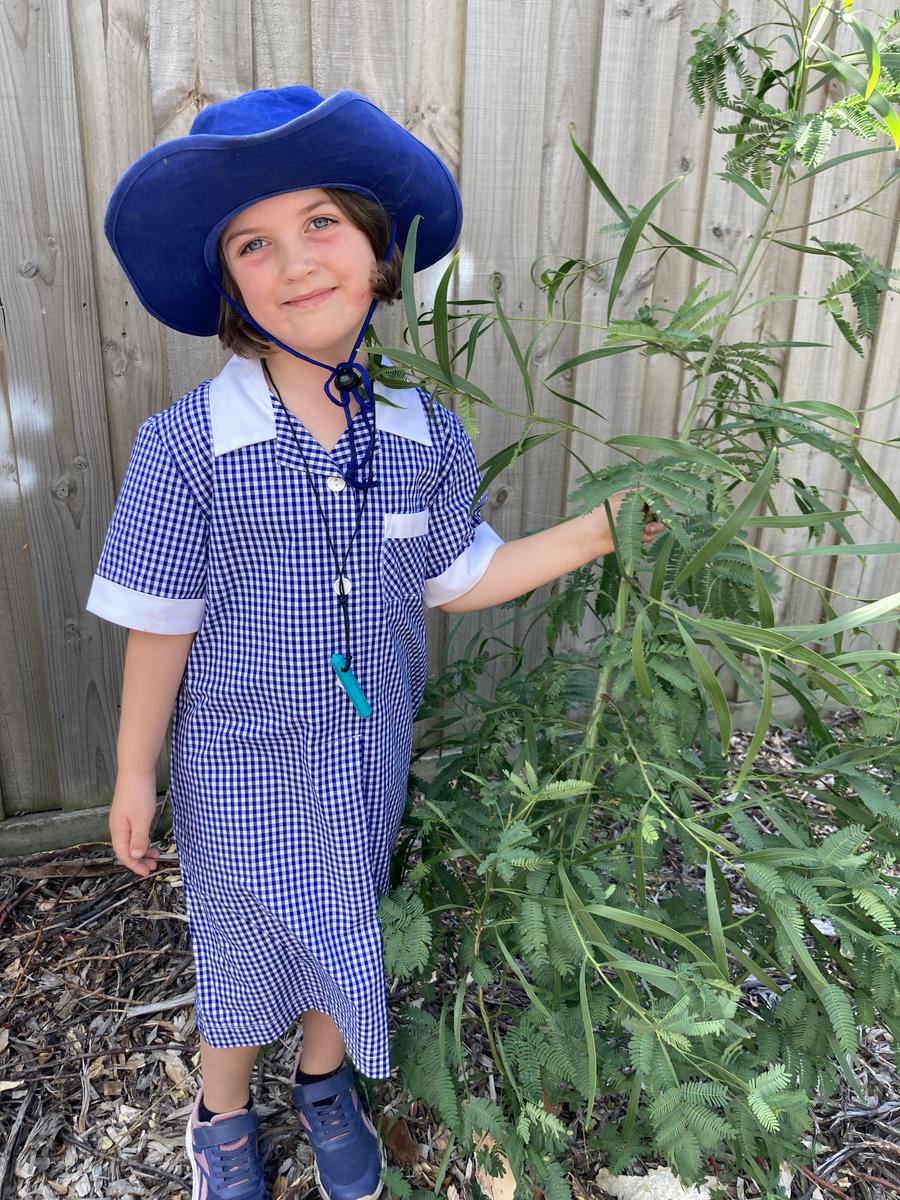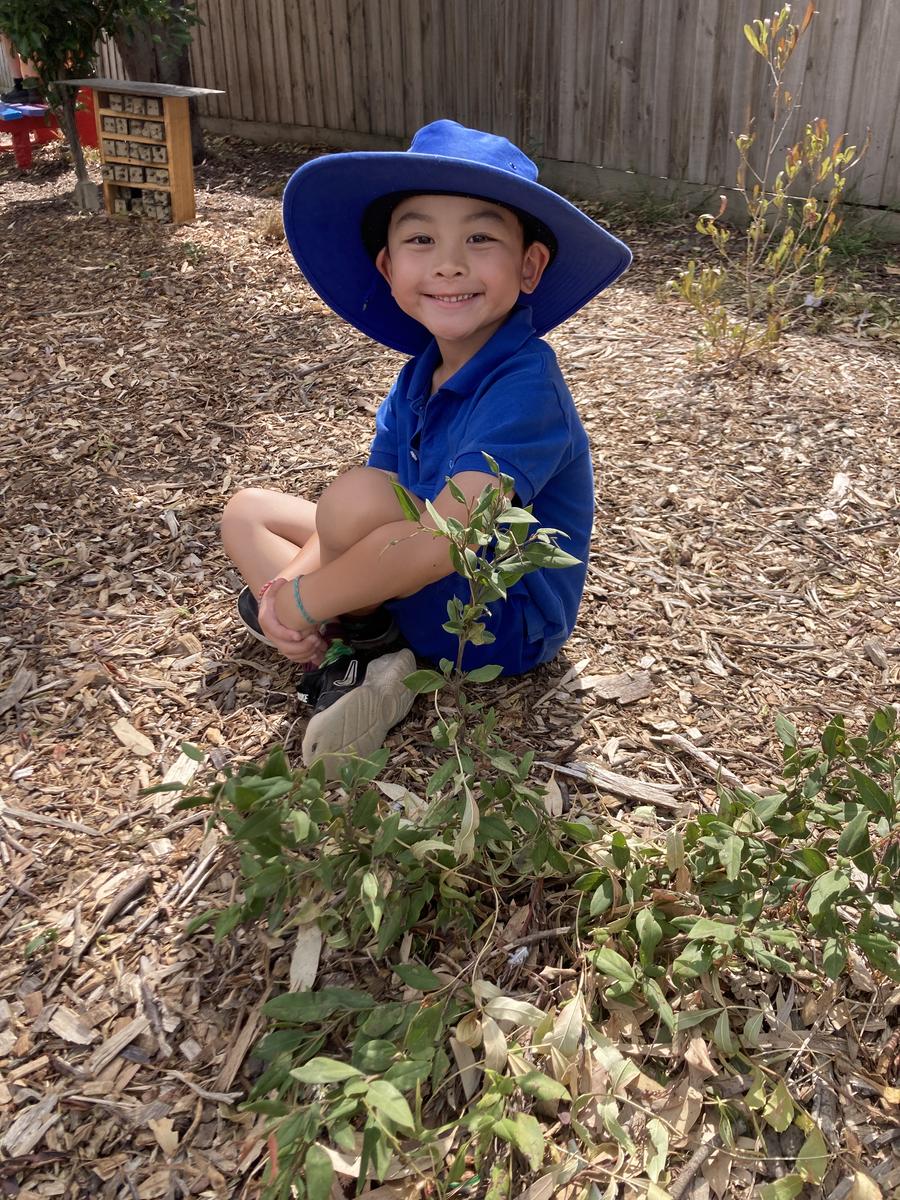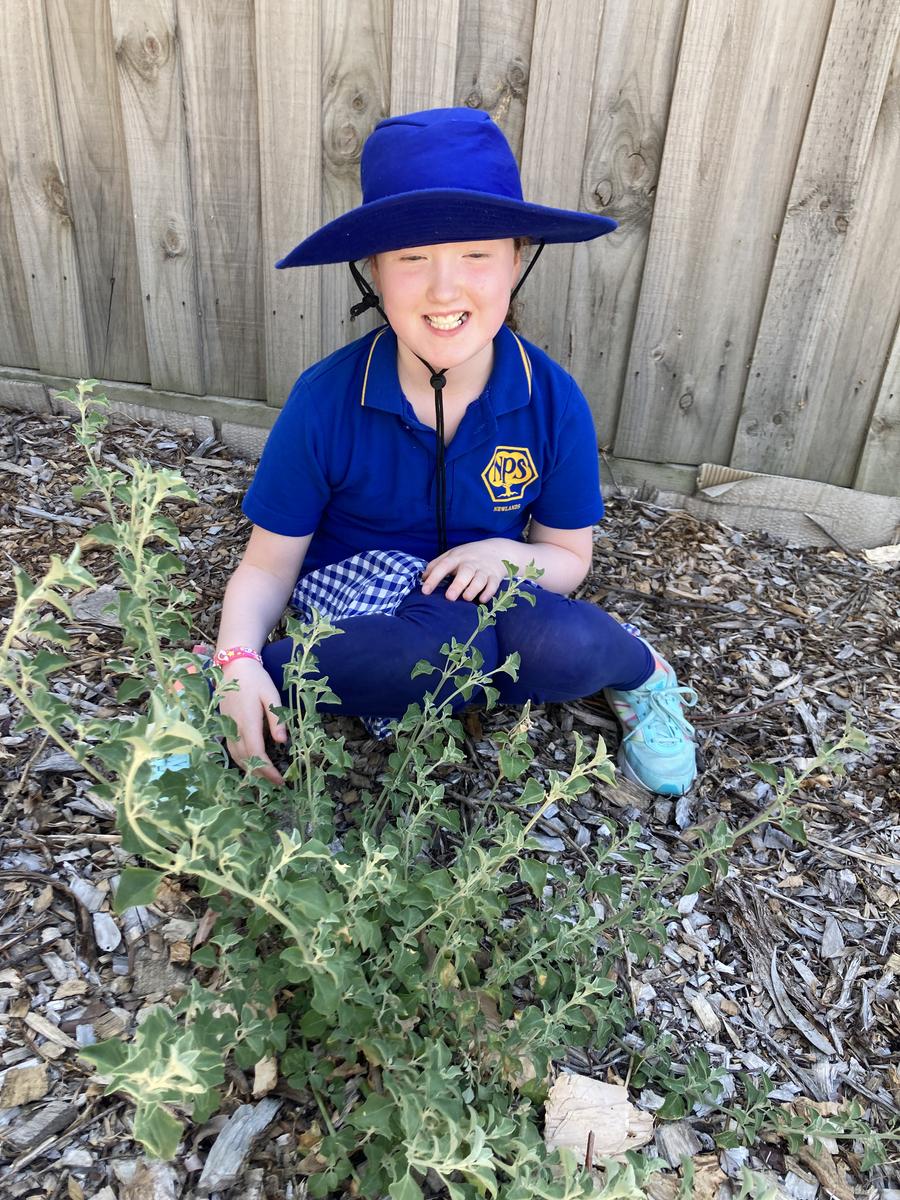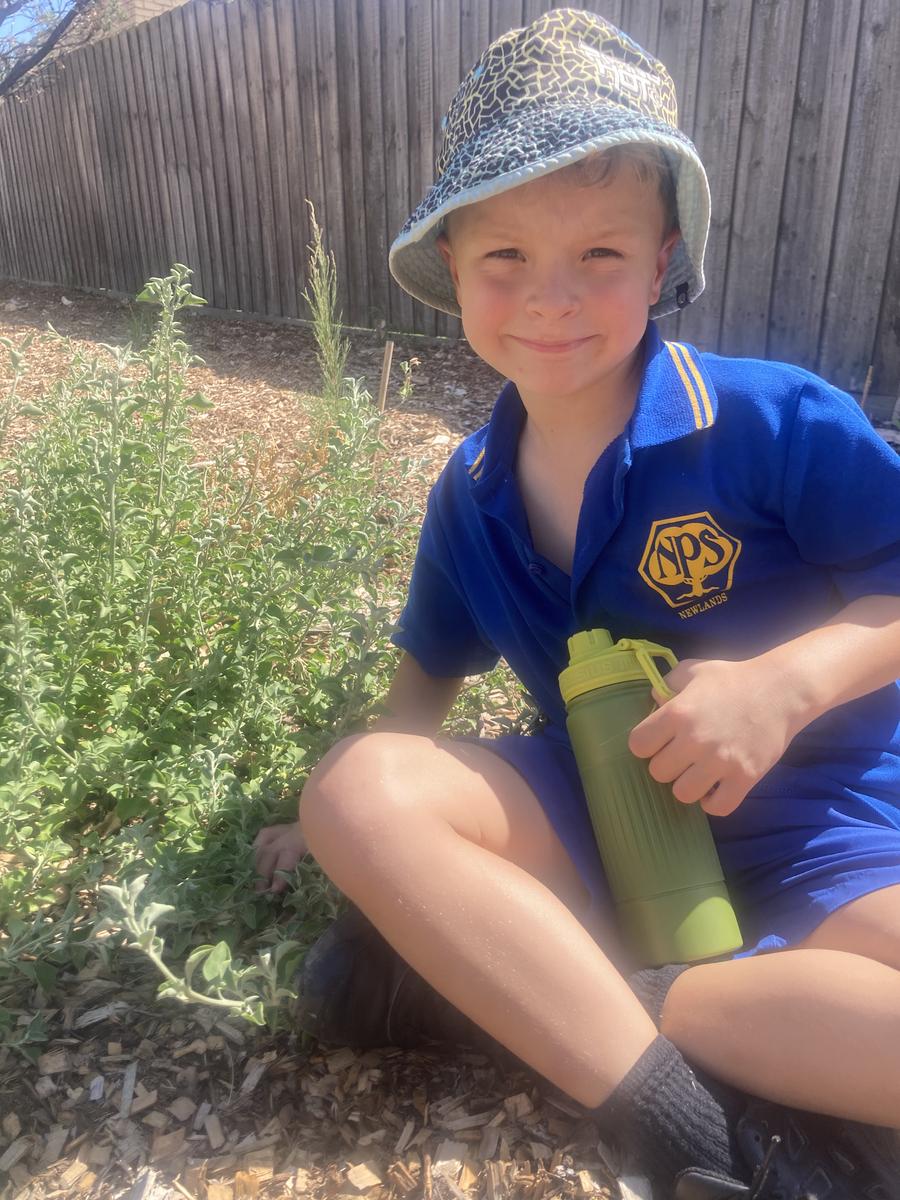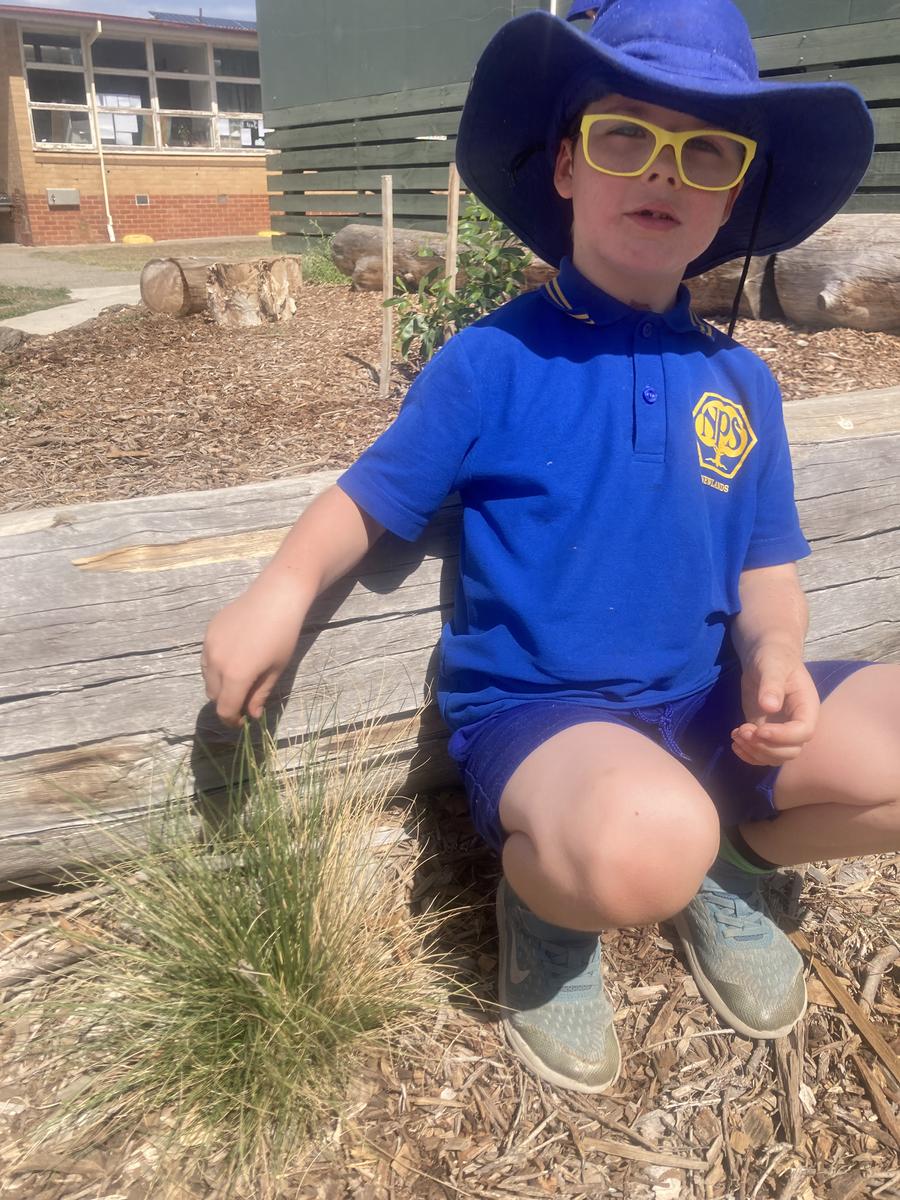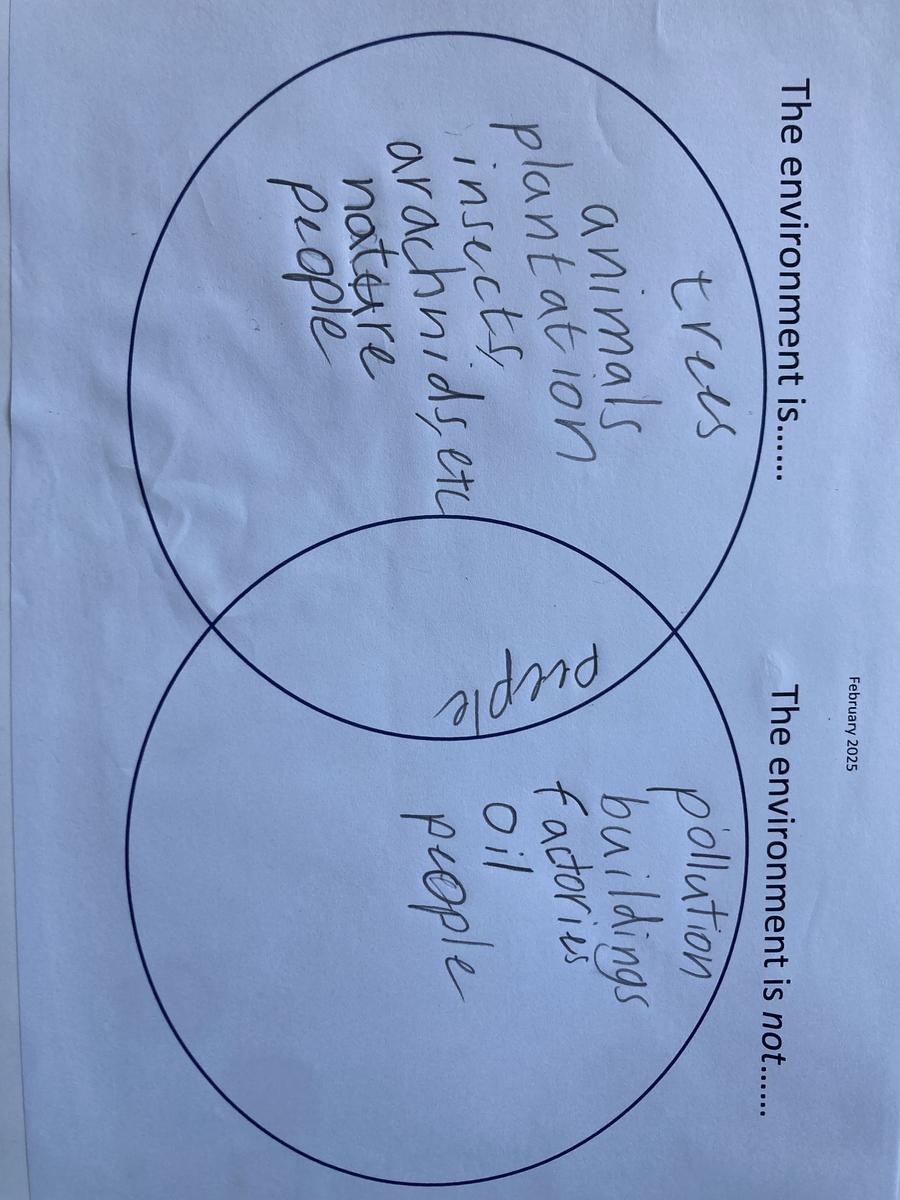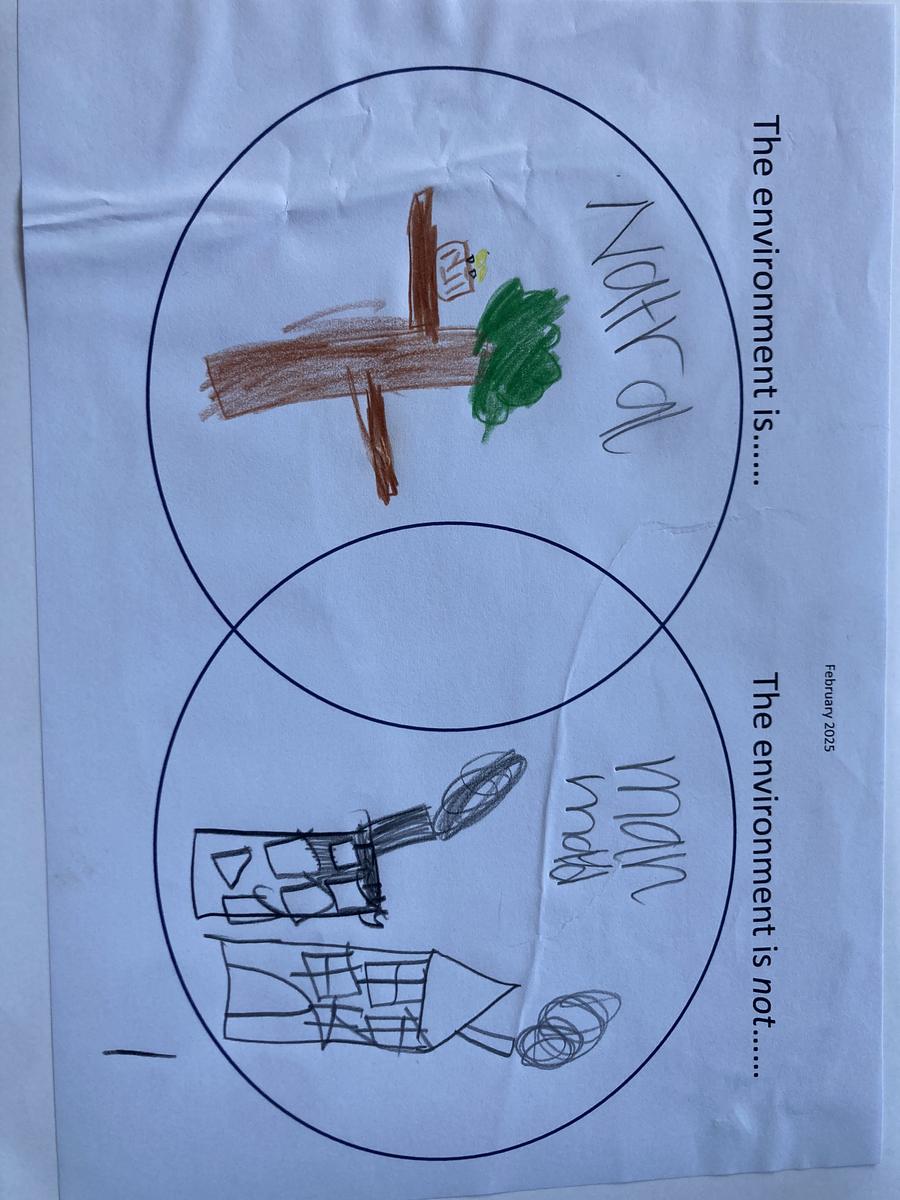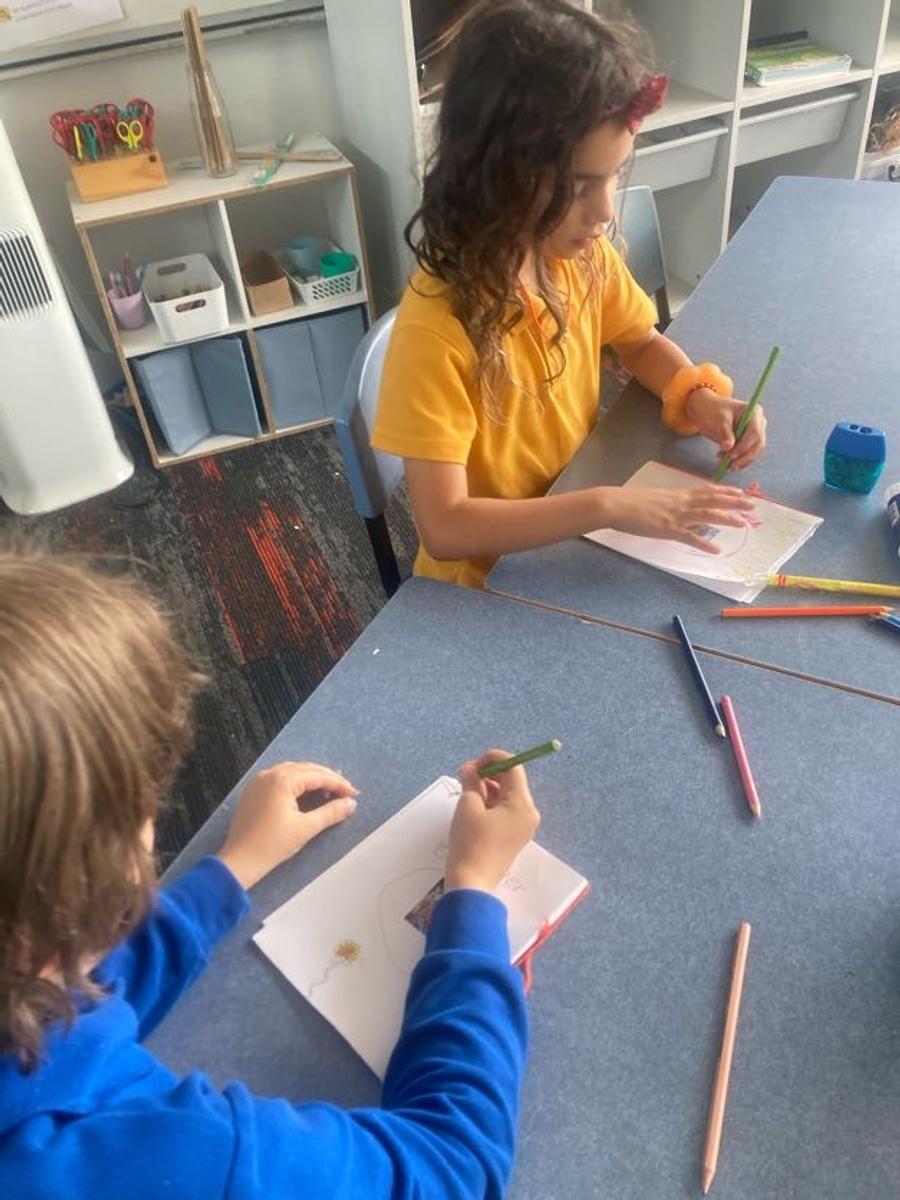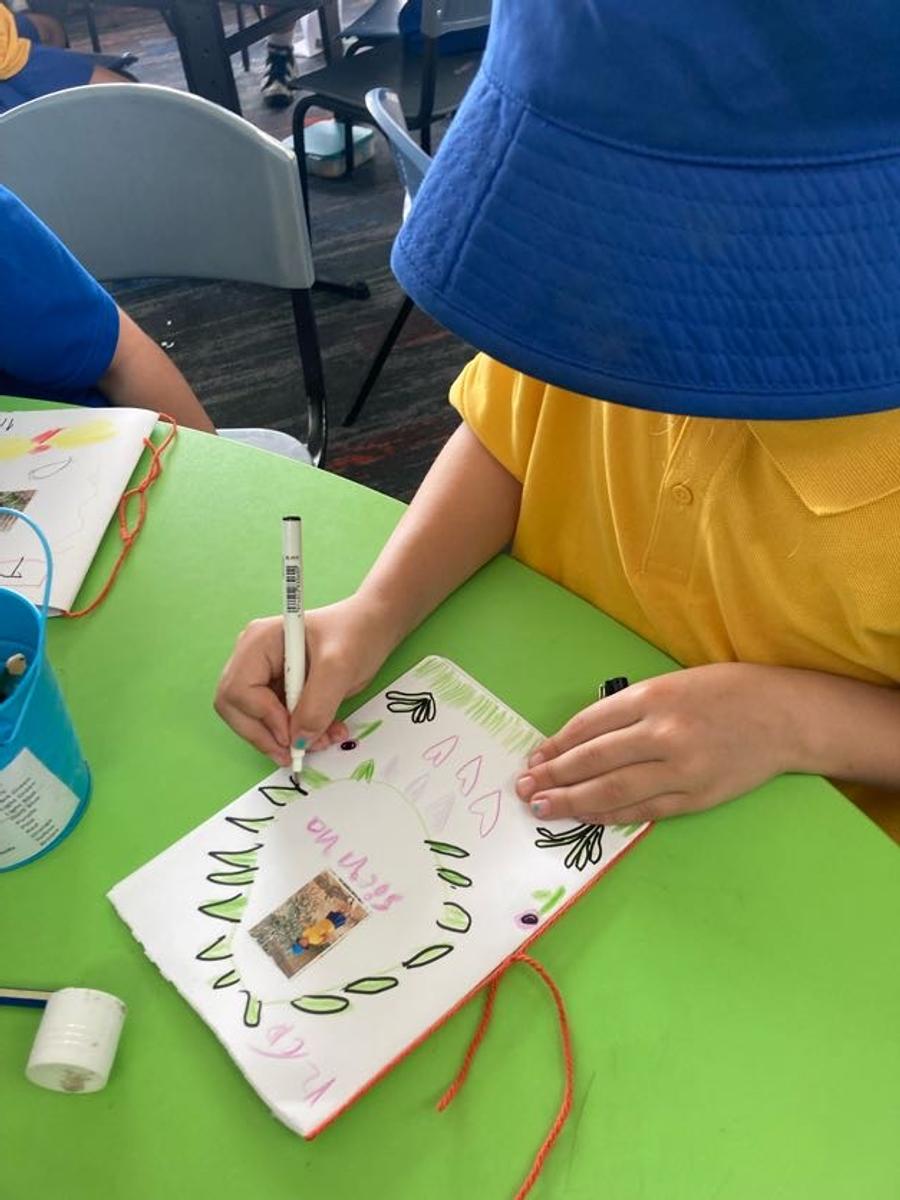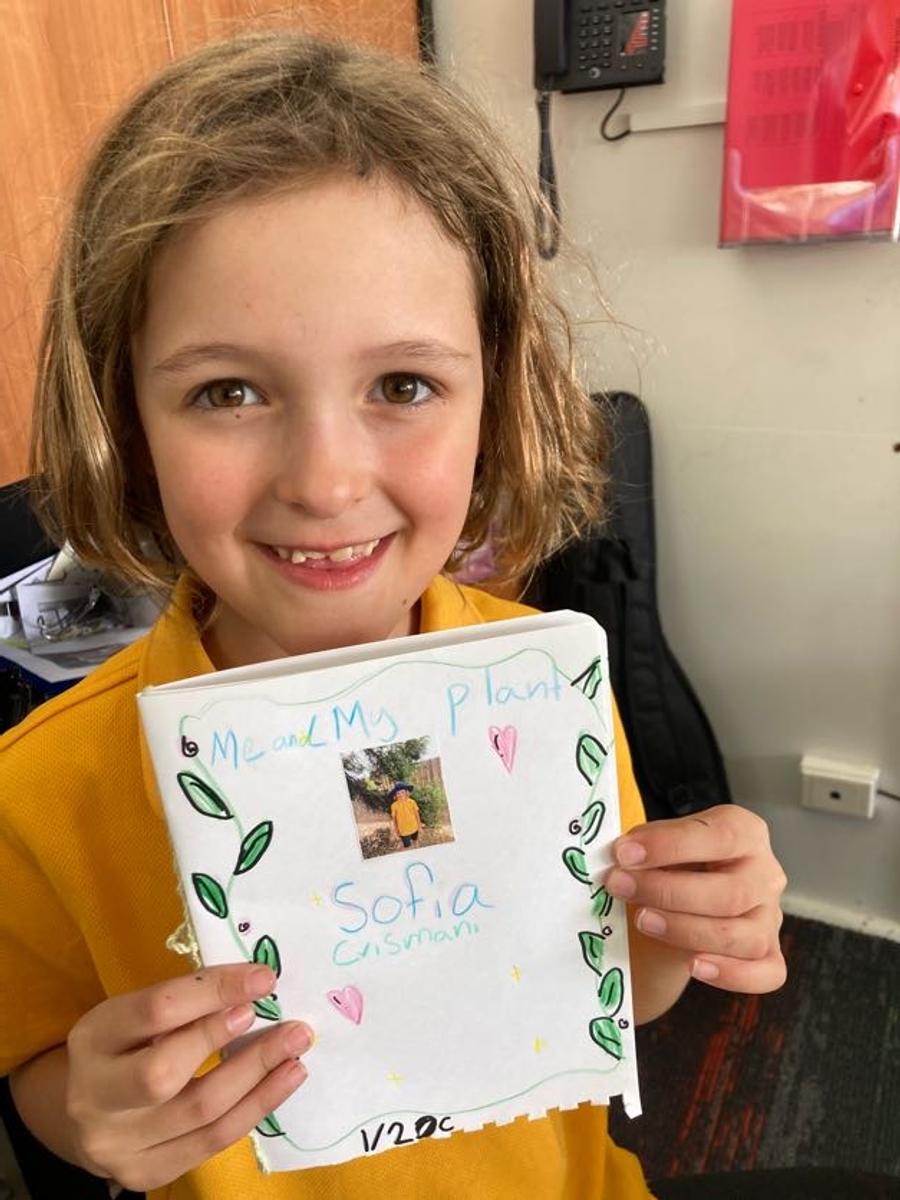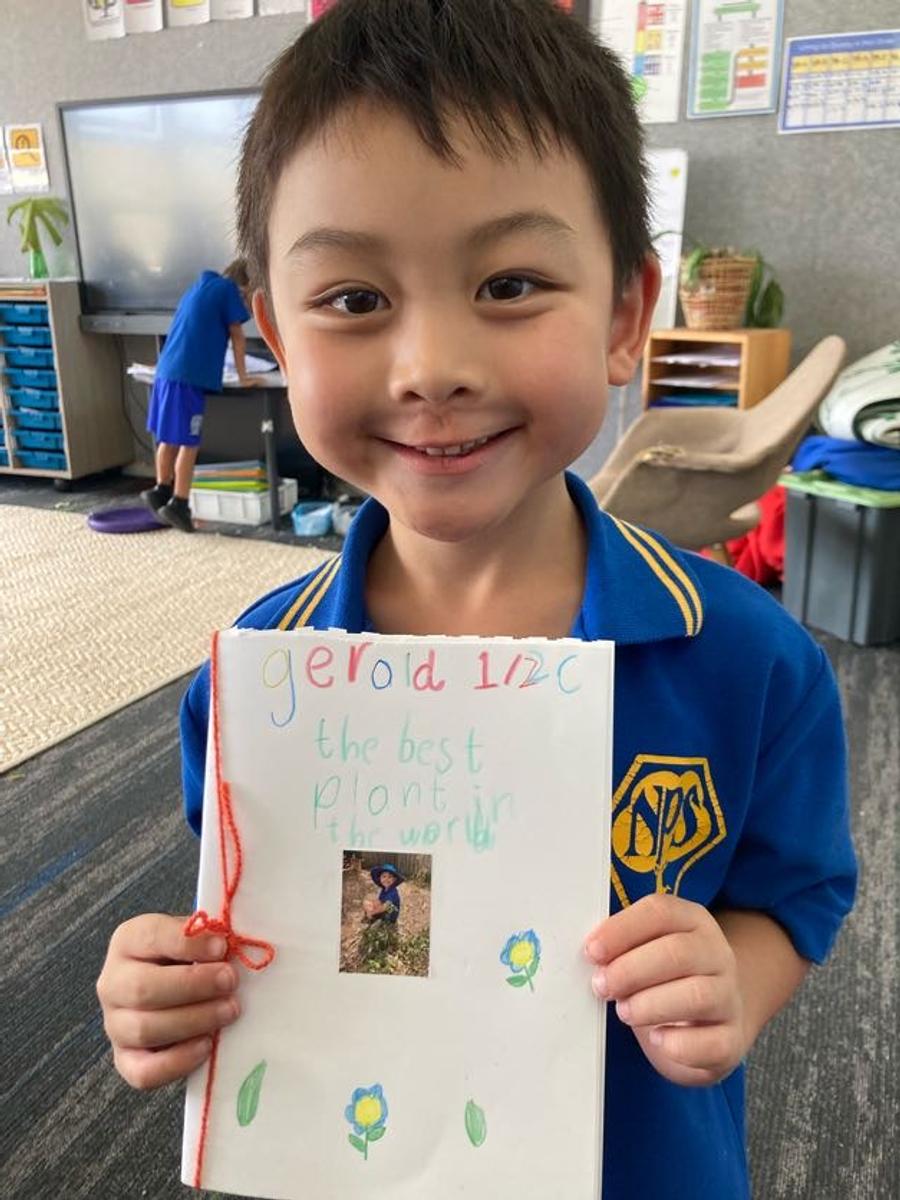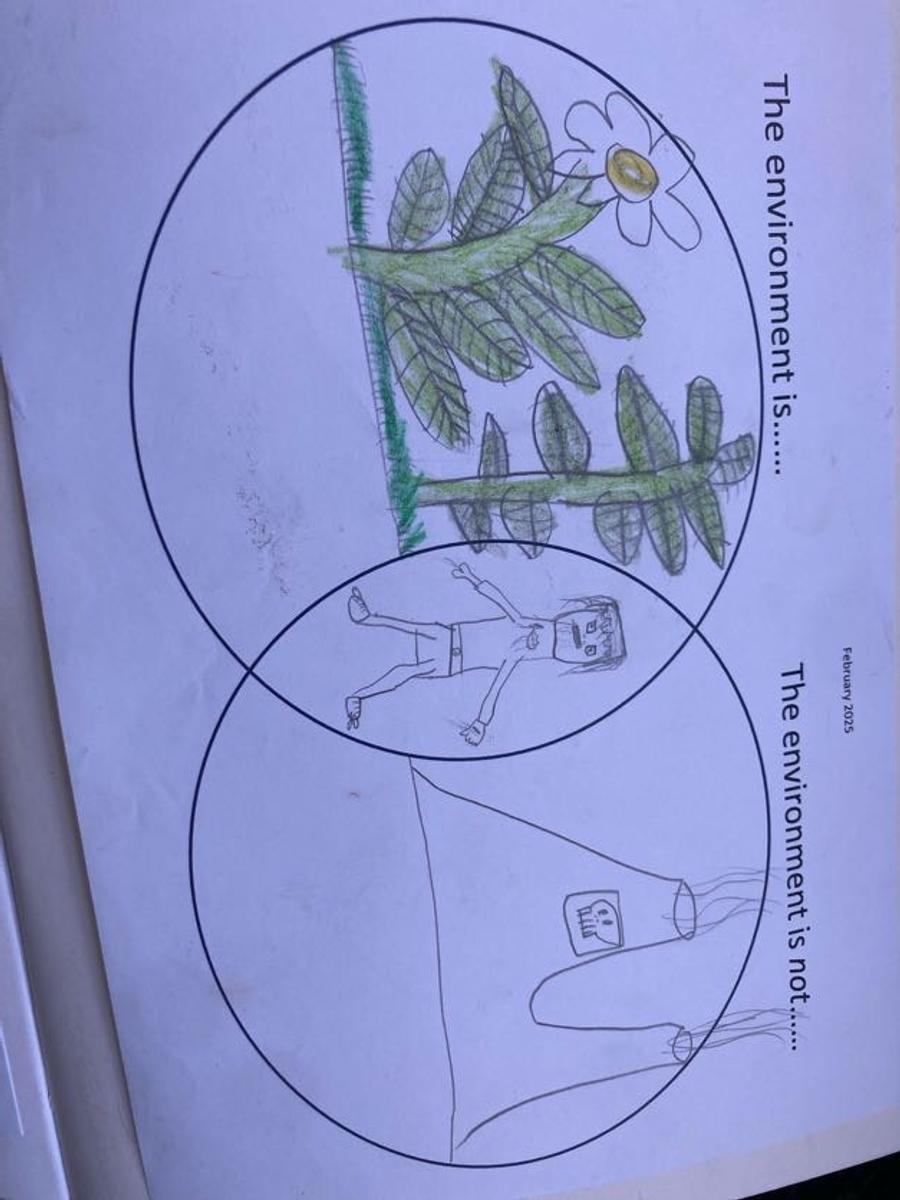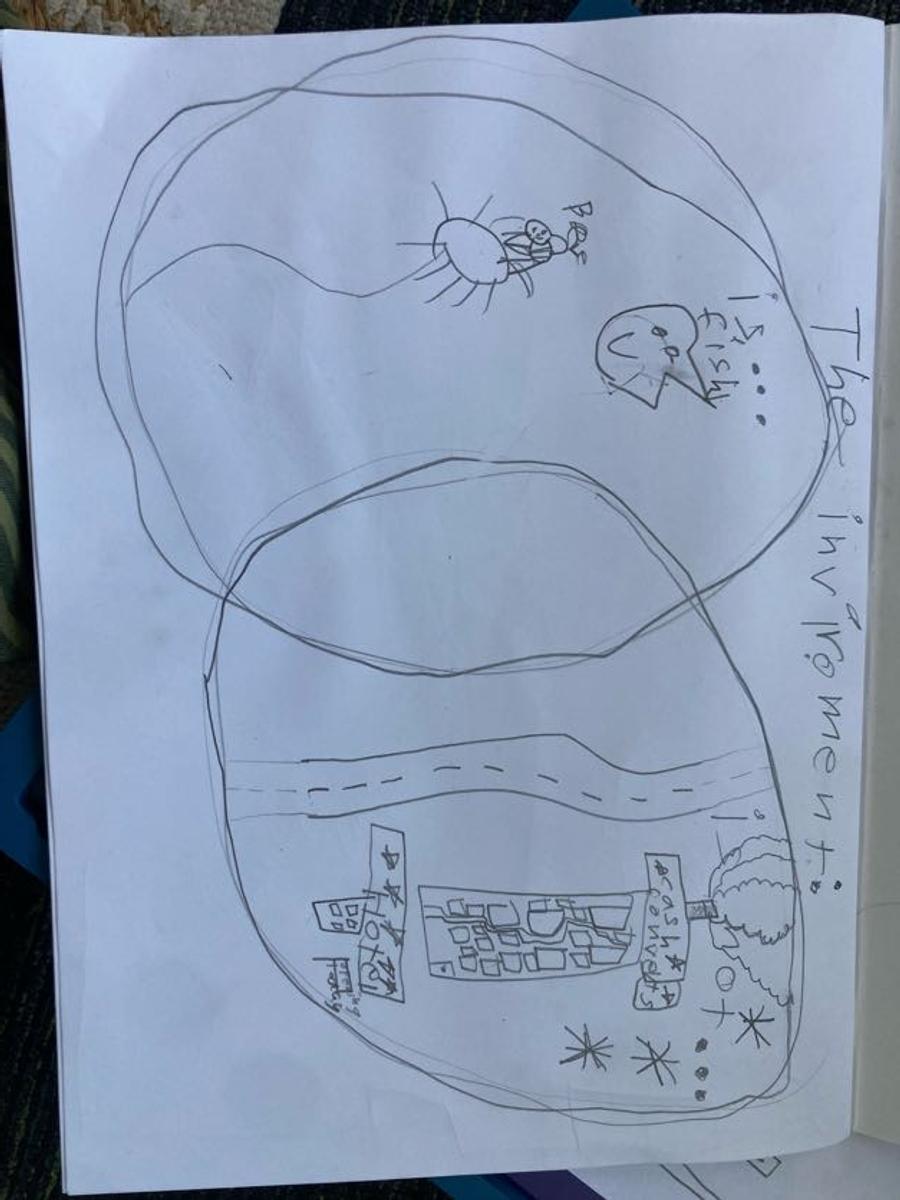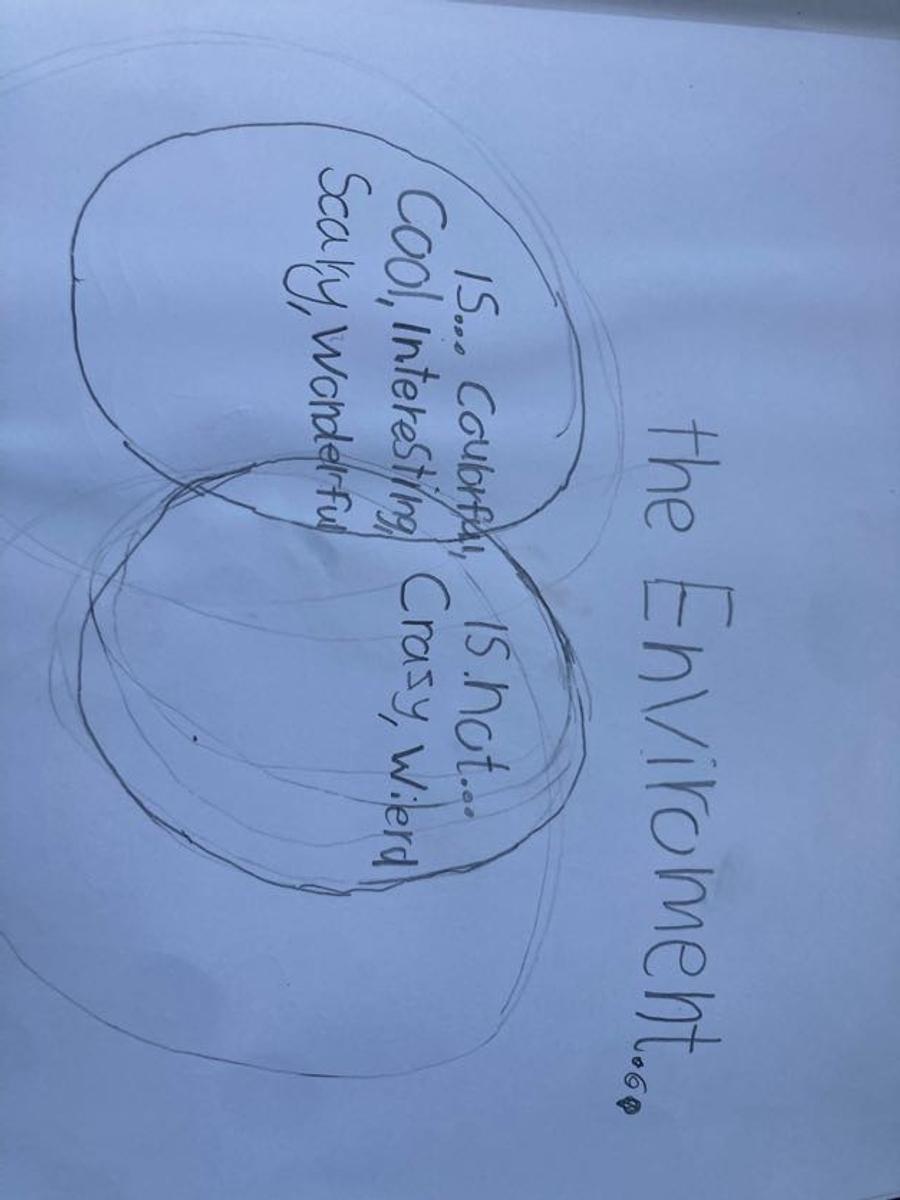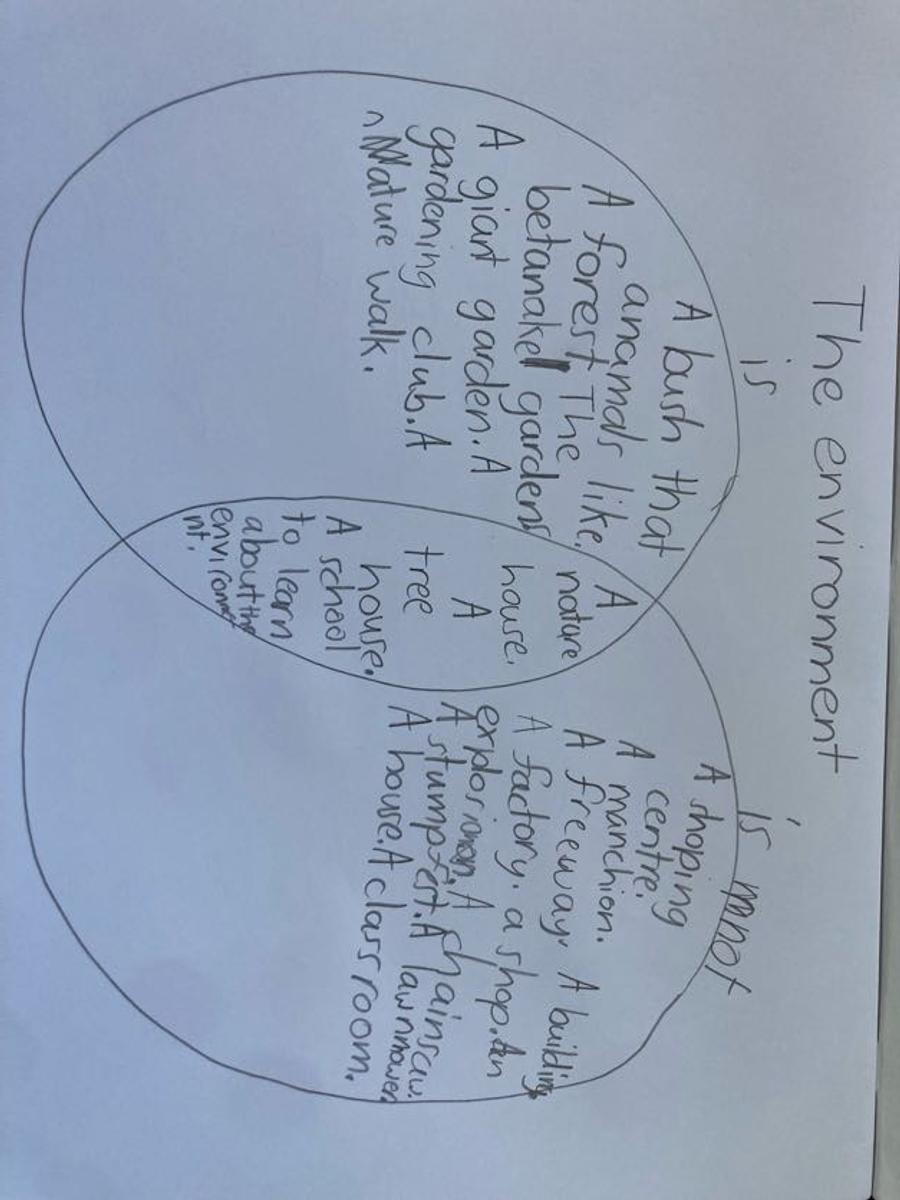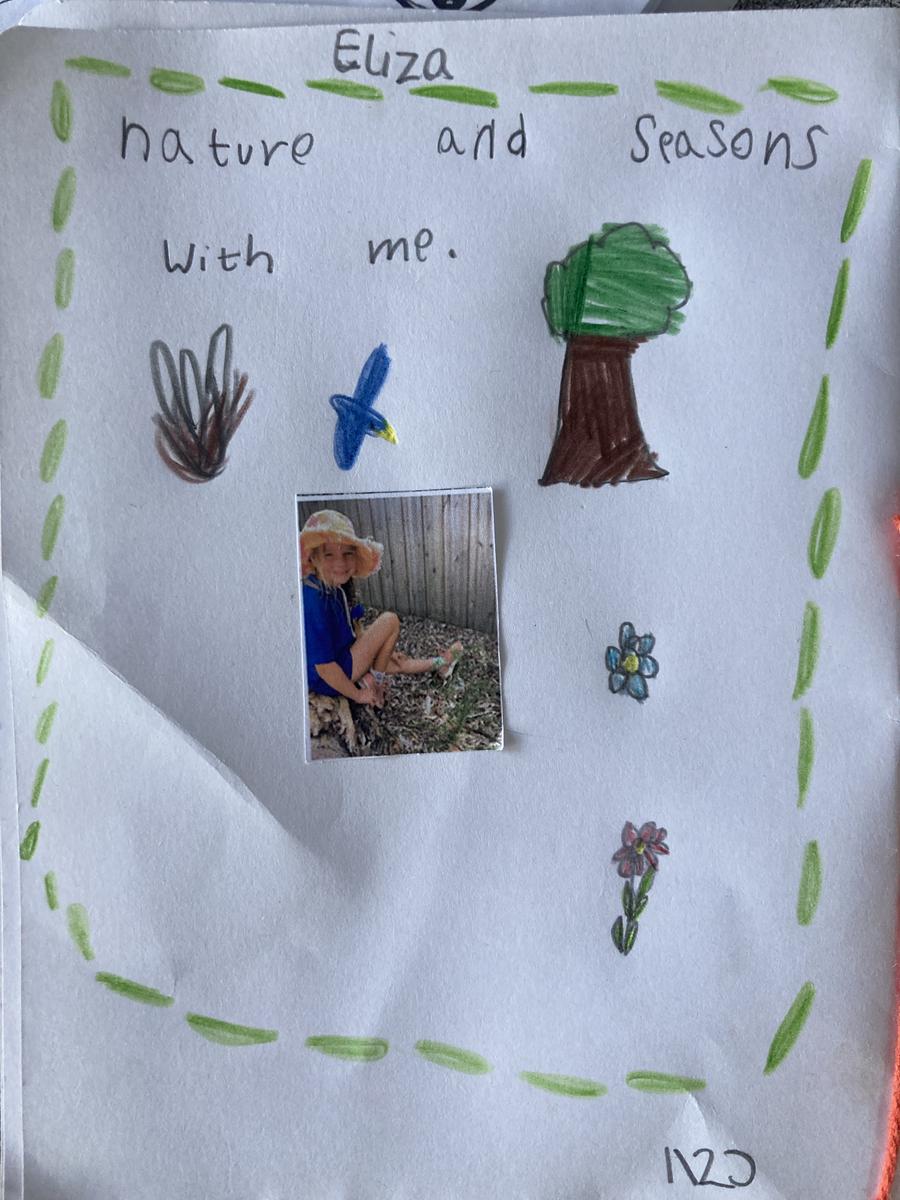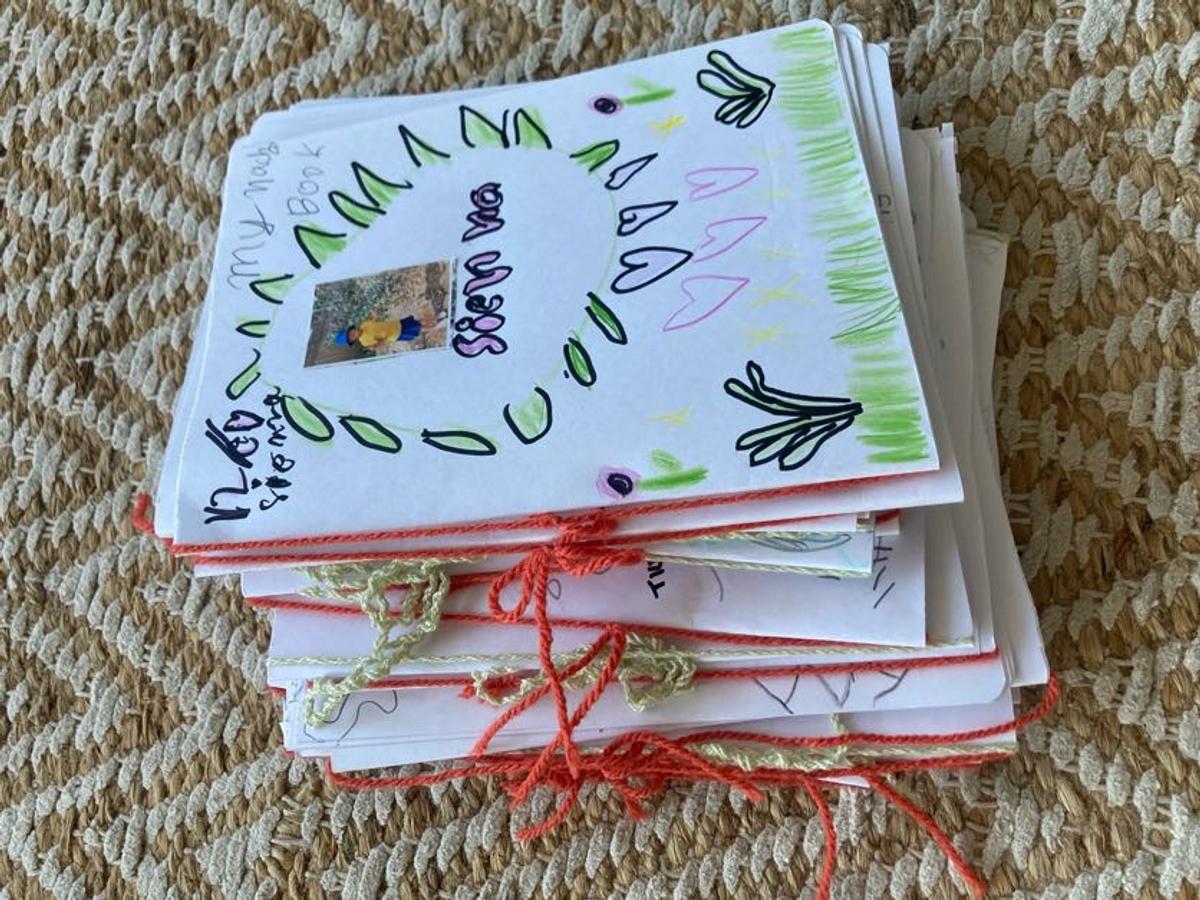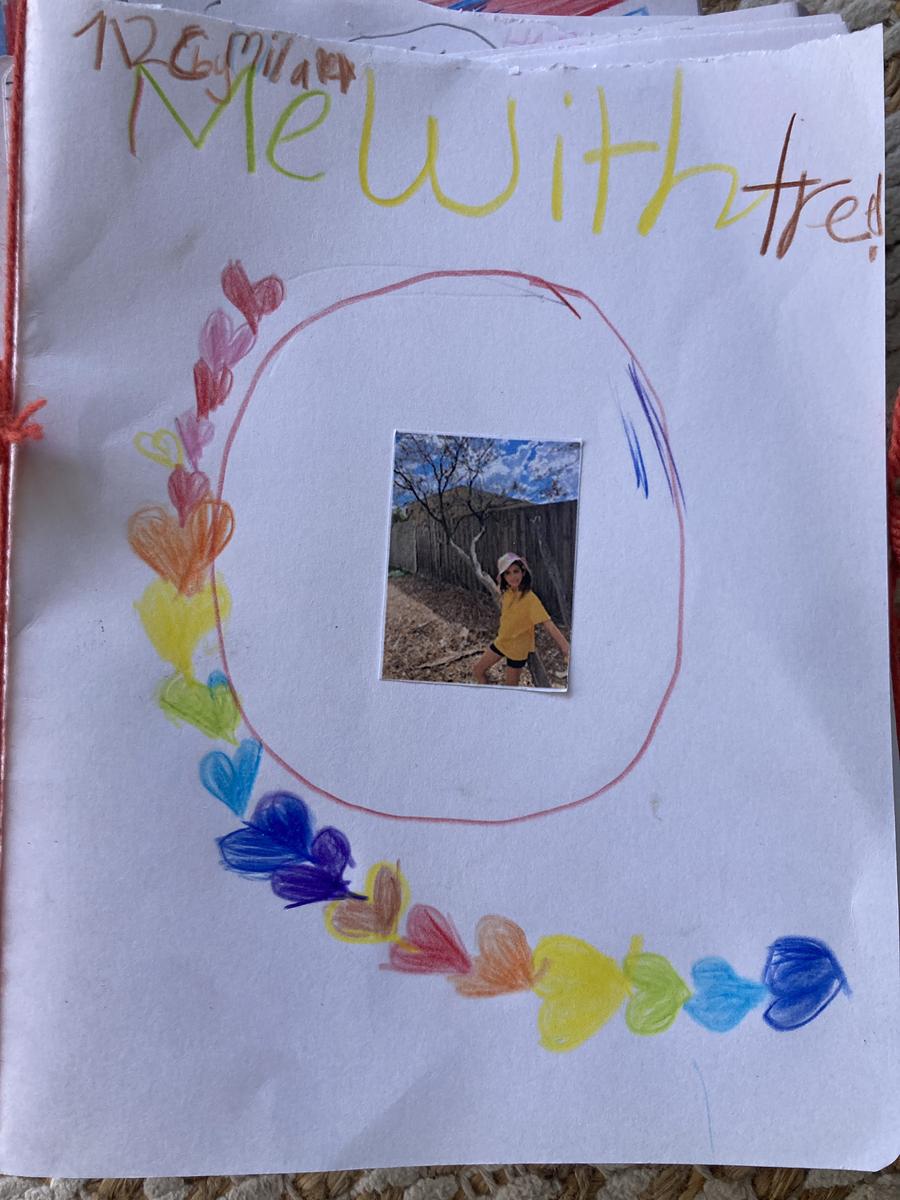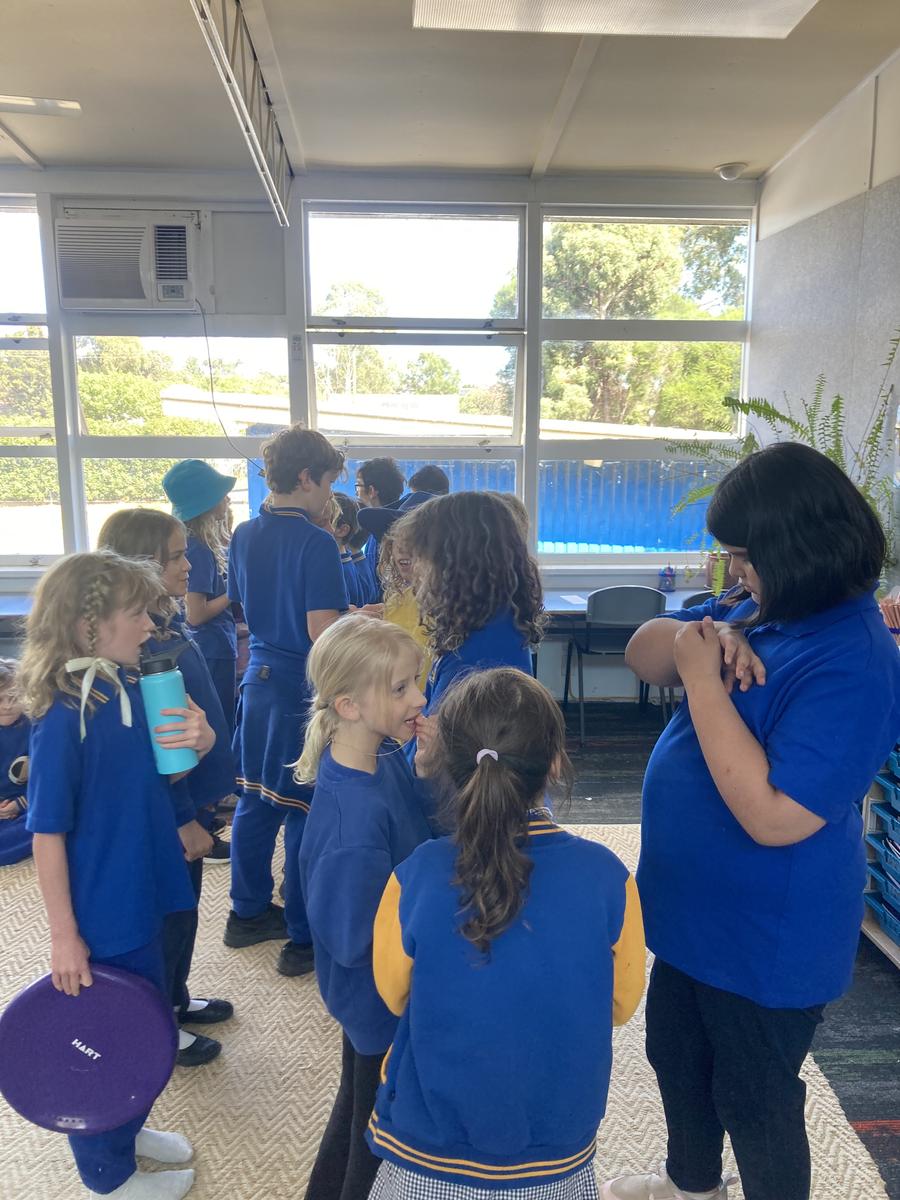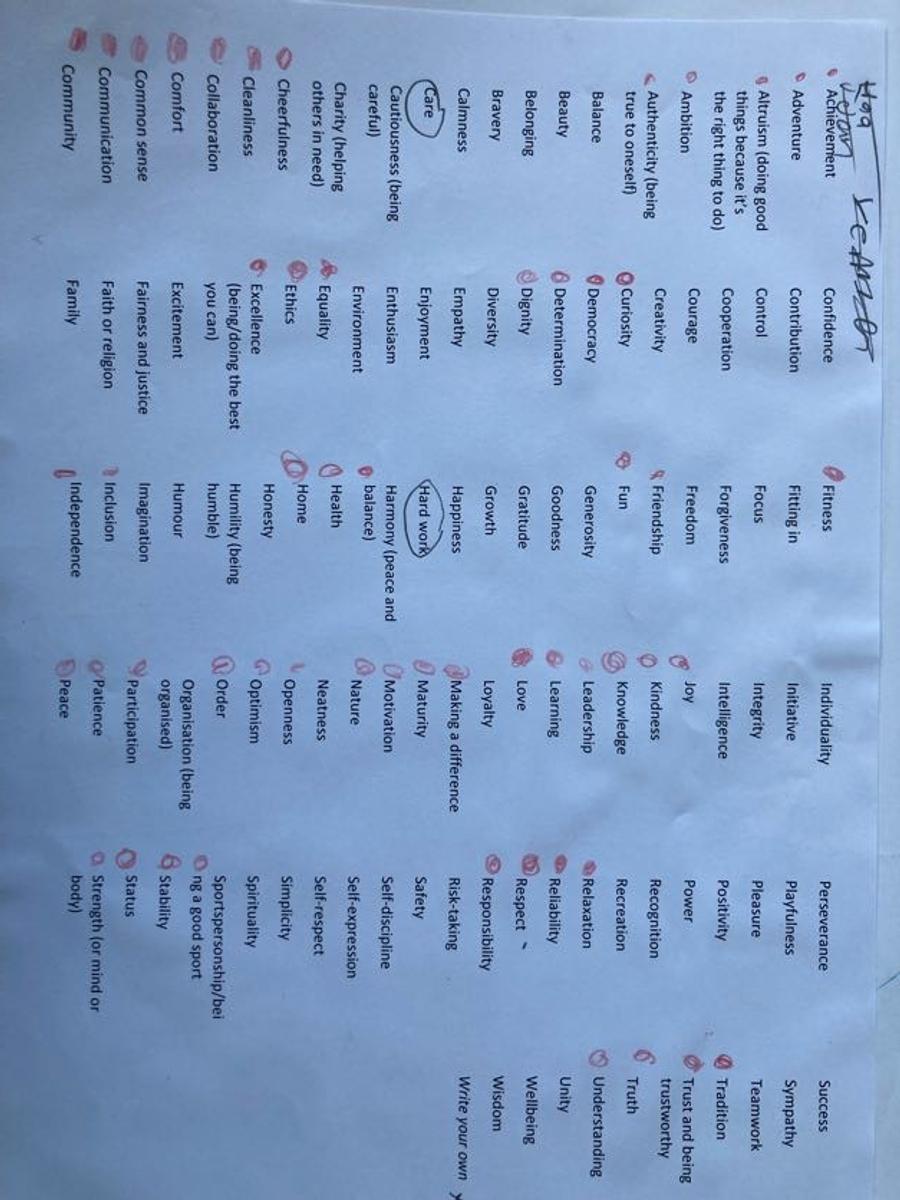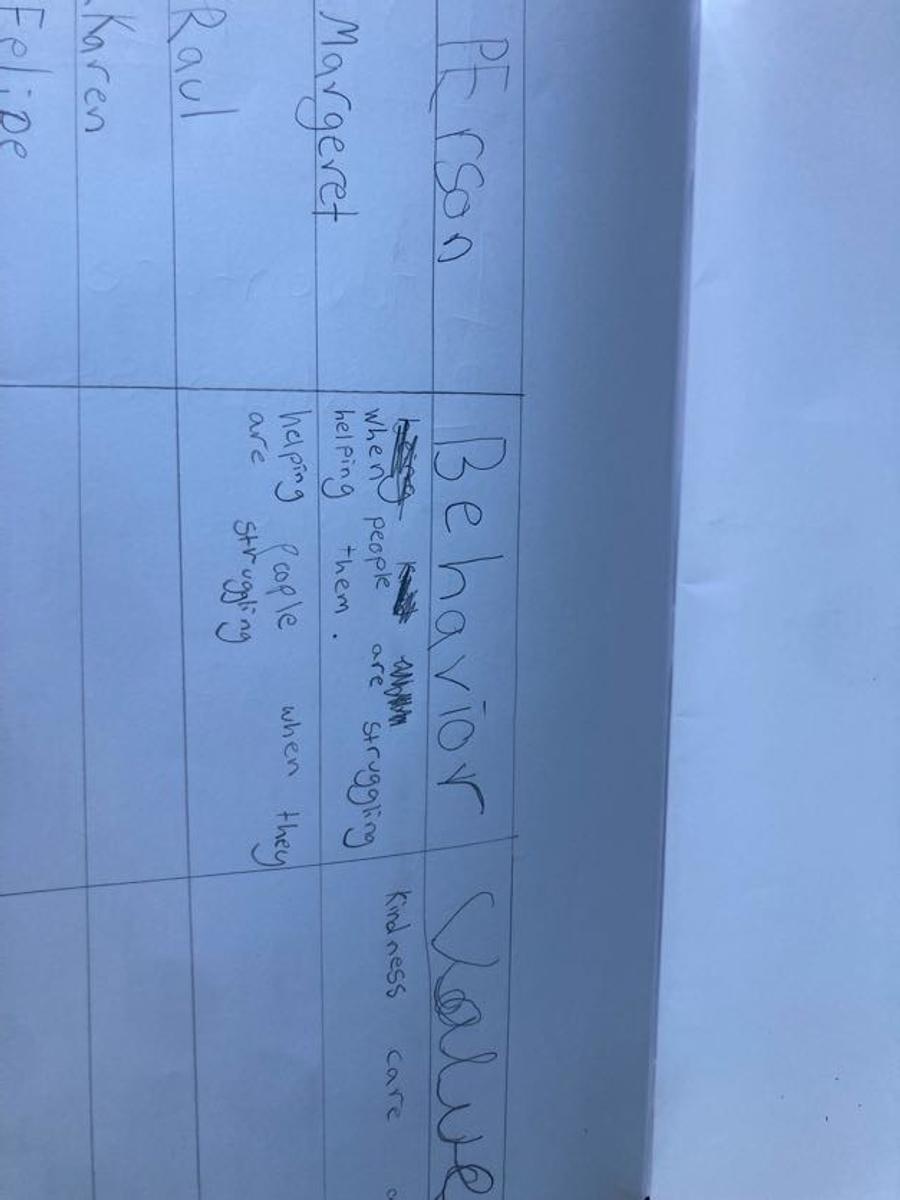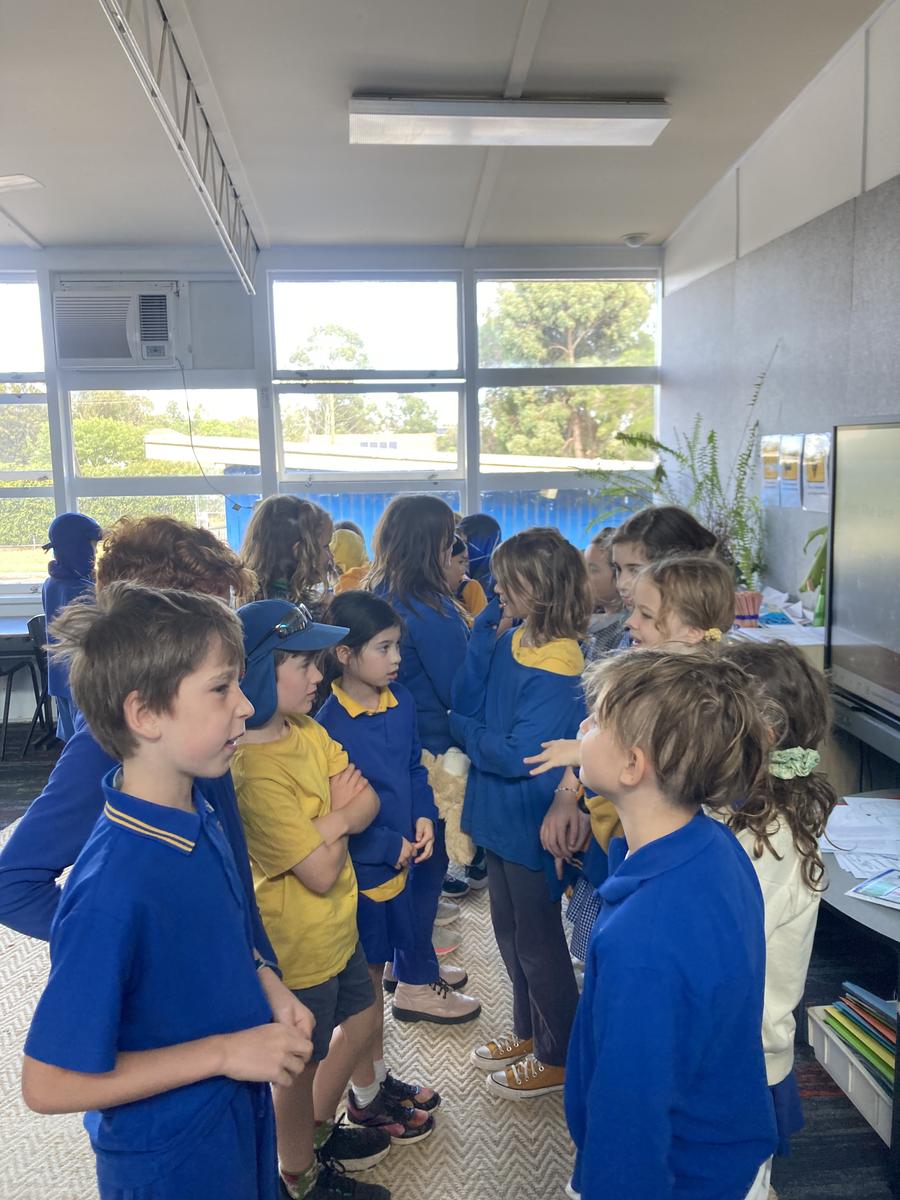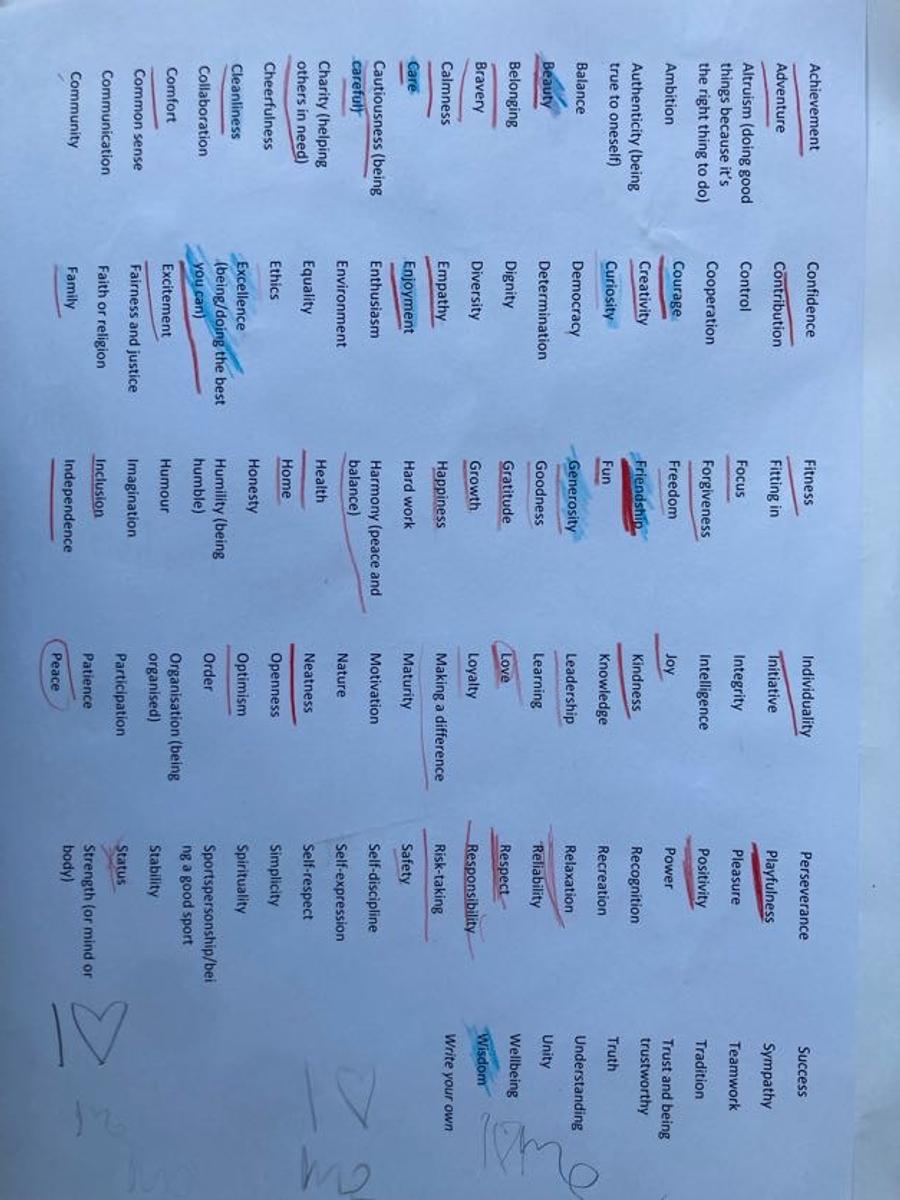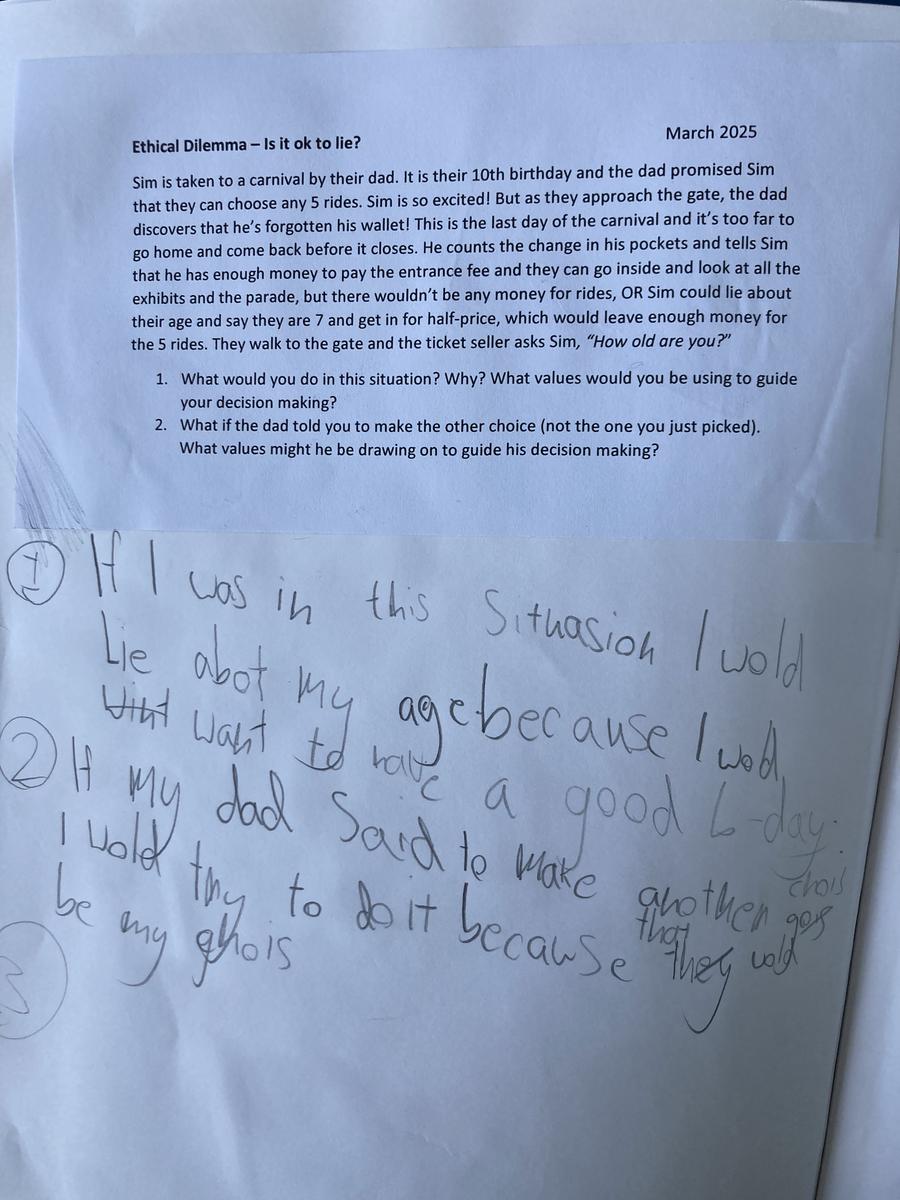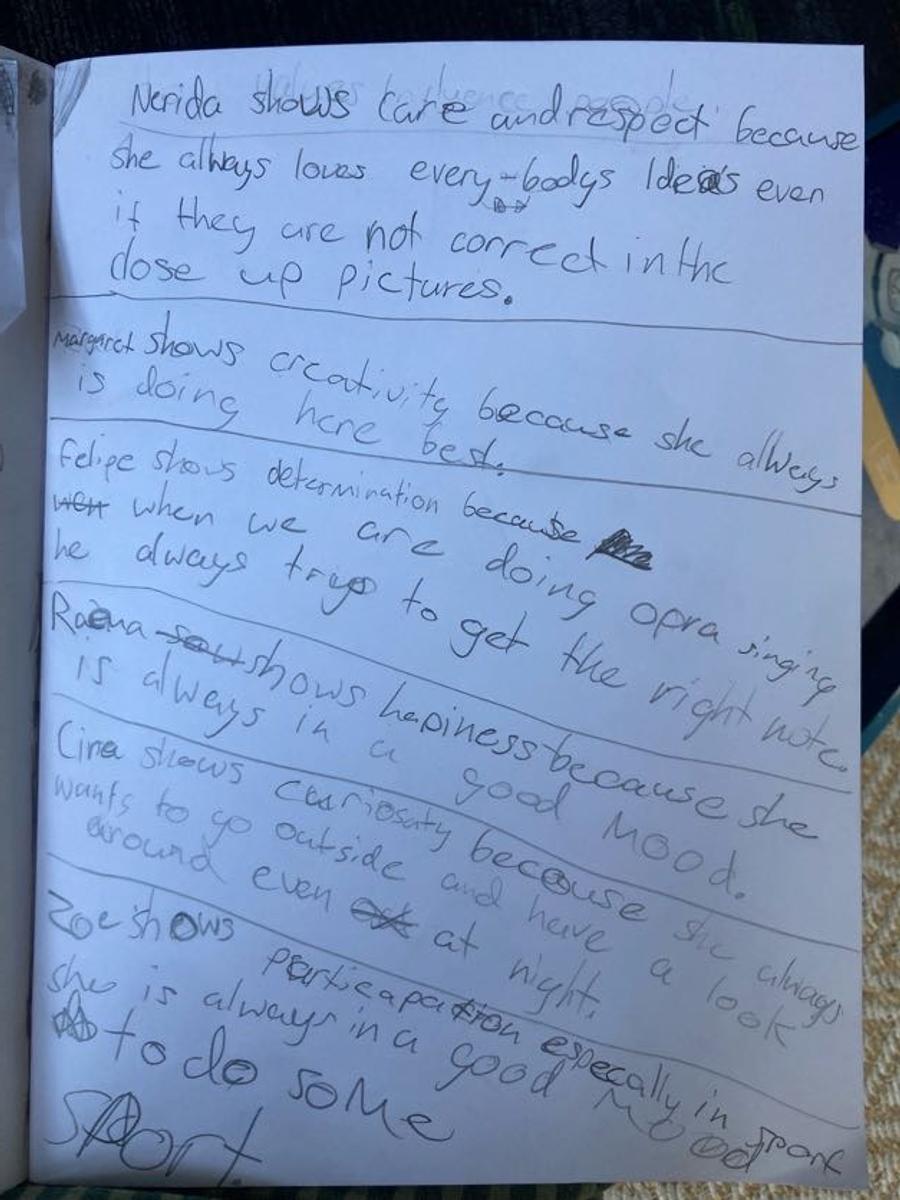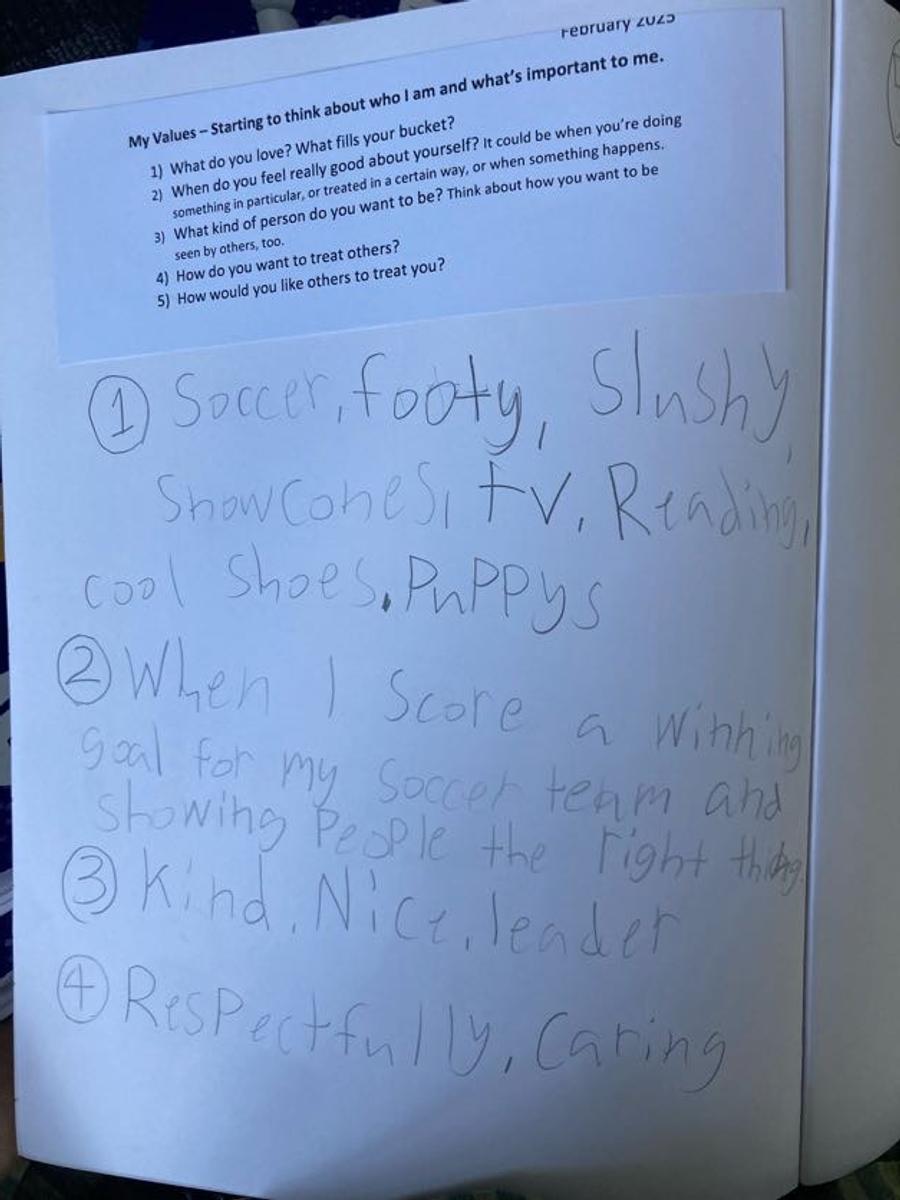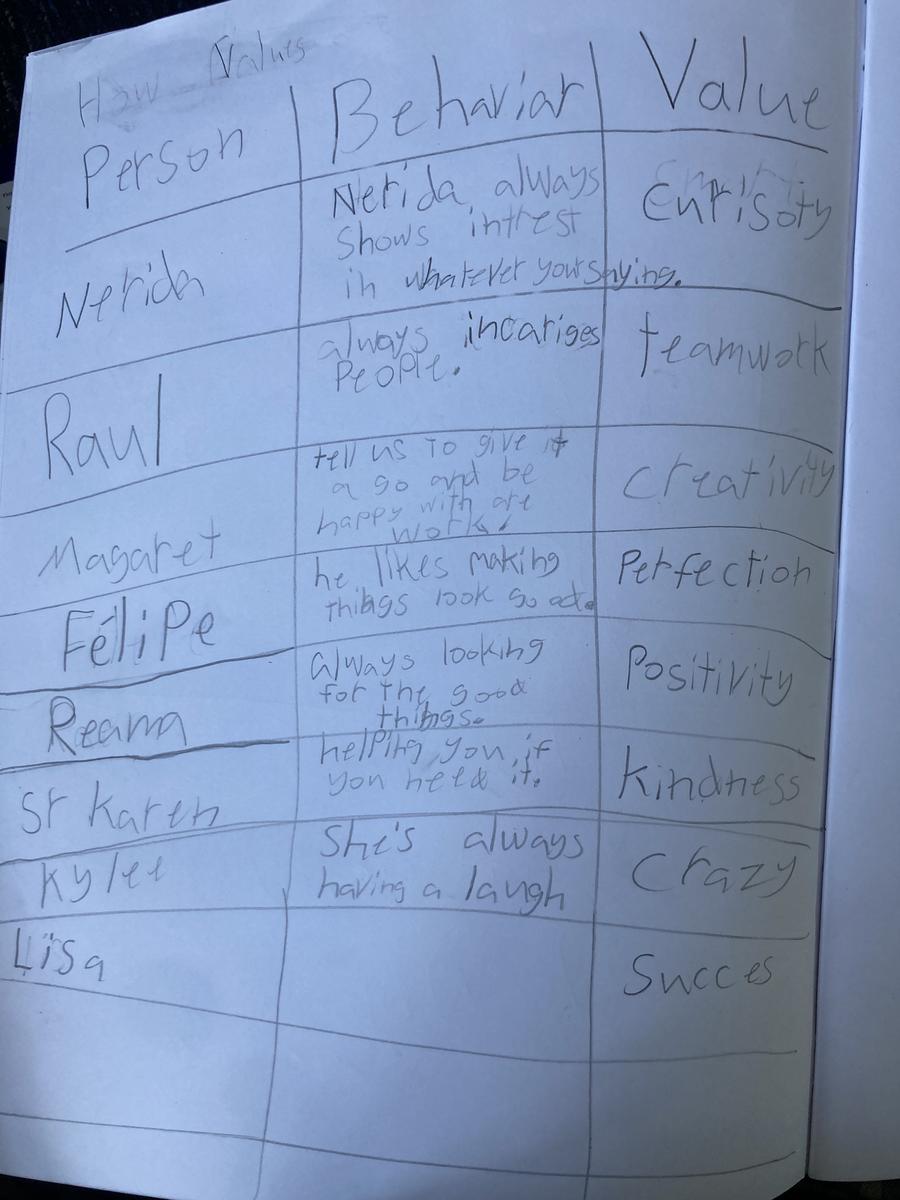Community Inquiry
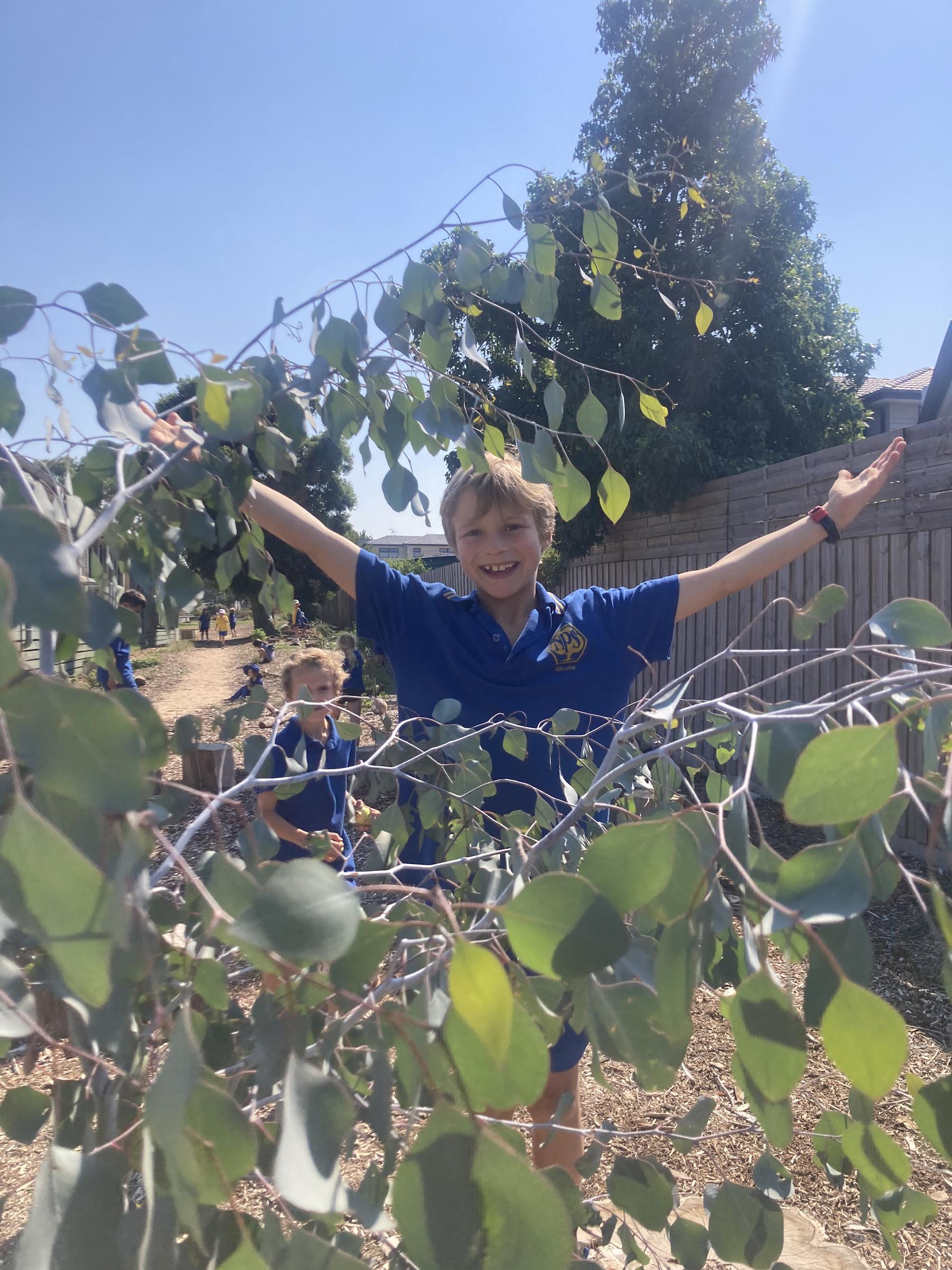
It's been such fun working with the 1/2s and 3/4s again this year! Whilst I miss the current year 5 students, I'd like to welcome the Year 1 families to Community Inquiry; it's been wonderful getting to know your children.
Getting ready to learn at the start of each lesson:
- we often start Inquiry by getting our bodies ready to learn with a breathing activity
- we then get our brains ready to learn, and the most popular way so far this term has been by using a close-up photo. When doing this activity, we're emphasising the importance of coming up with multiple possibilities (lateral thinking and different perspectives) and taking risks with our learning (sharing ideas and answers even if we're not confident). Can you guess what these are?
1/2s - Understanding our Environment
This year, the 1/2s will be doing a lot of work to support the creation of three new gardens thanks to a large Landcare Grant. We'll be working with the Merri Creek Management Committee and getting support from the new Rain Moth Community Nursery based out of Newlands Neighbourhood House.
So far, we've been tuning in. We did a thinking routine using Venn diagrams and the prompts "The environment is.... The environment is not..." and we've started to explore what it means to be on Wurundjeri Country. You might like to watch these videos at home:
- https://www.youtube.com/watch?v=c5SEMdeXEK8 - What does "Wurundjeri" mean?
- https://www.youtube.com/watch?v=V0LTtdzmb9Y - What are the six layers of Wurundjeri Country?
Students have also chosen their special plant from the Wildlife Garden that was created by the community last year (thanks again everyone, especially Agus!). Students will get to know their plant, observe it through the different Kulin Nation seasons, draw it, and study it in other ways. This week we made our nature journals, which felt exciting. You might like to ask your child to show you their plant.
3/4s - Inquiry into Values
During the Start Up program that specialists ran for the first few weeks, when we focused on respect in Inquiry, I noticed that lots of students thought that values were rules and that there were really just the four school values. Since then, we've been:
- deepening our understanding of what values are and why they're important
- identifying what our own values are and what matters to us
- started to understand how values guide our decisions and influence our behaviour
In the last session, we focussed on the value of honesty by asking "How often is it ok to lie?". We had students lining up to show where they stood on a scale of 0-10, then I "folded the line" so that they could share with someone who held a different stance. Two very interesting observations were that:
- lots of students think that it's ok to lie in order to get out of trouble (they see that as "saving" themselves).
- it's common for students to think that it's ok to lie about your age so that you can get onto a game or website that has an age limit.
I left these as interesting observations and have bookmarked them so that we can explore these beliefs further - something that we definitely need to do!
